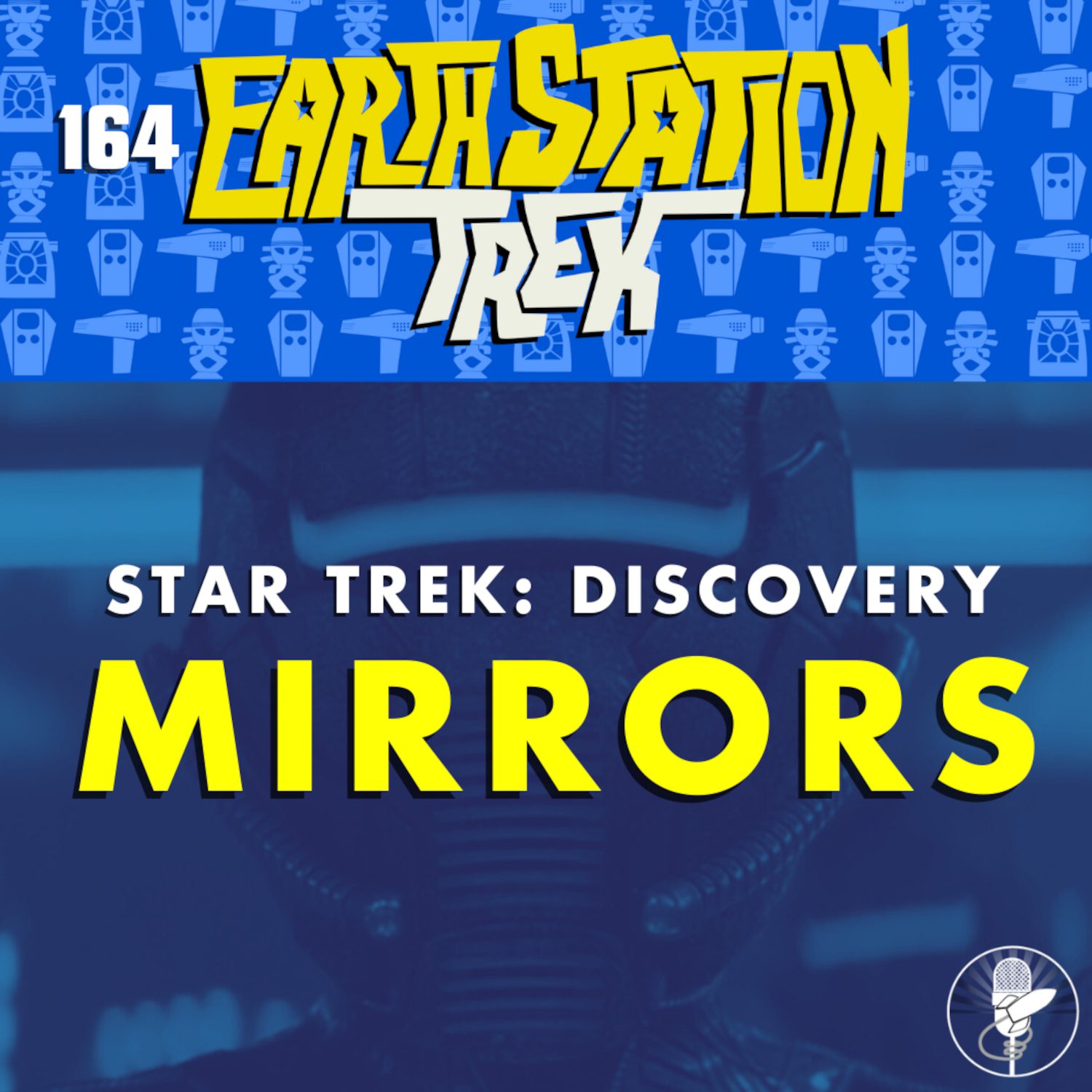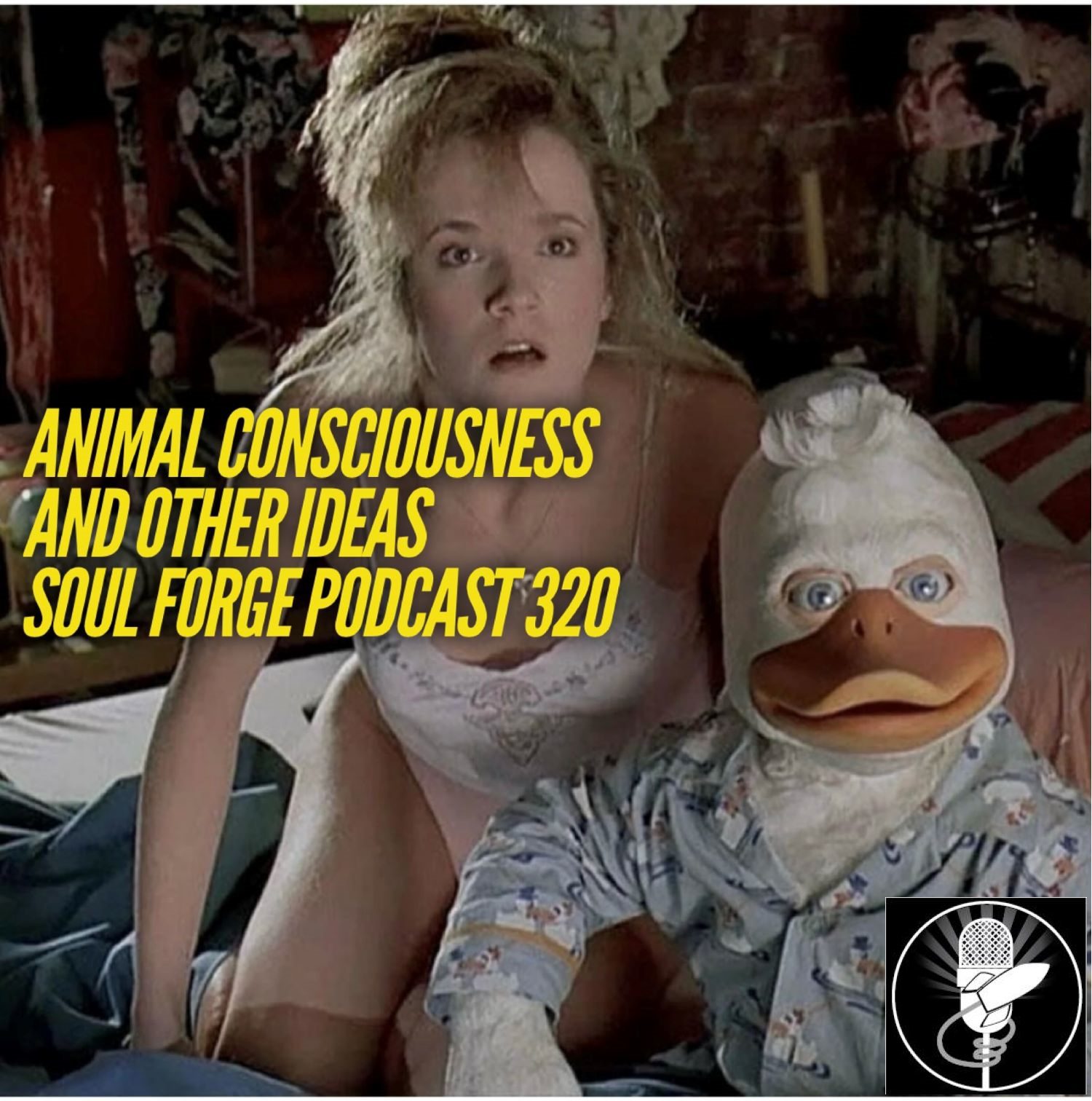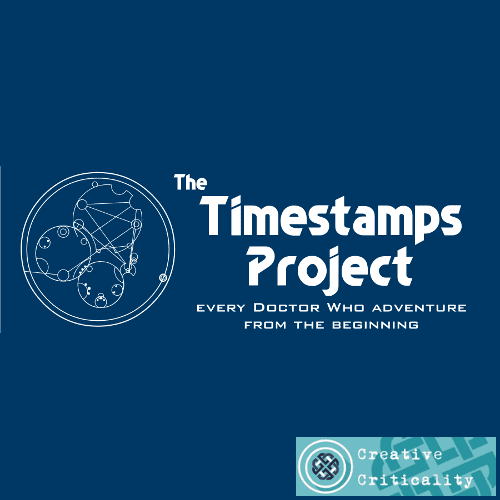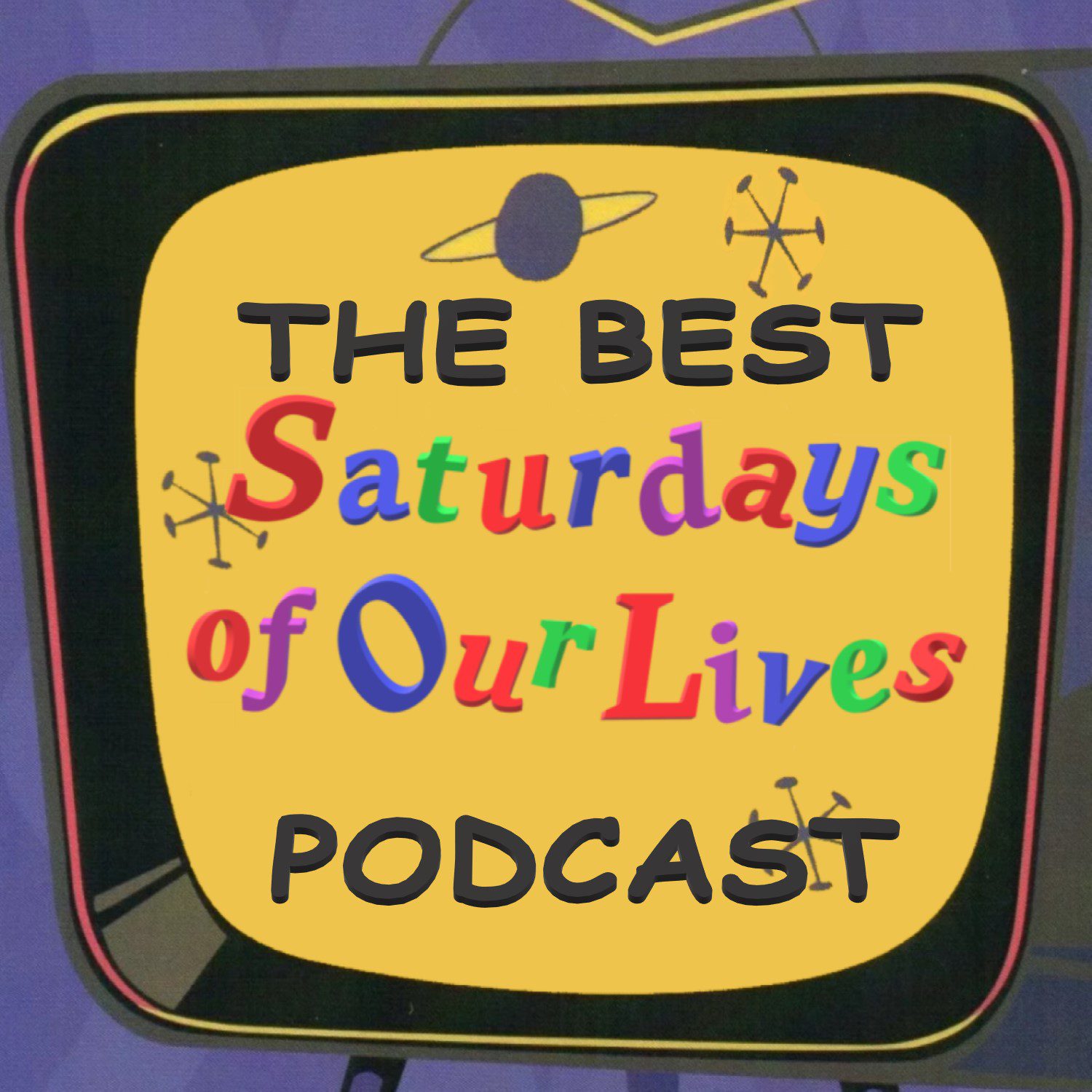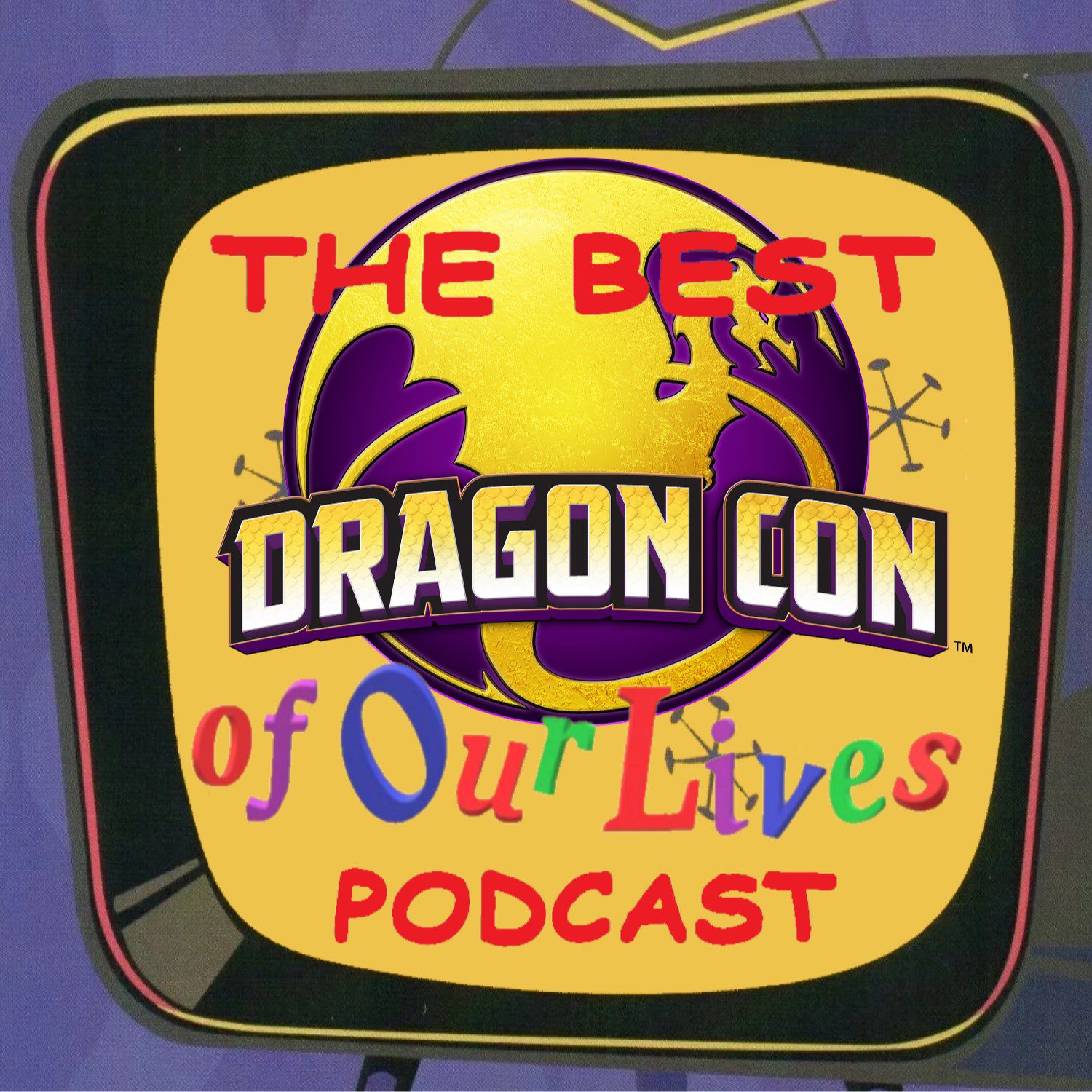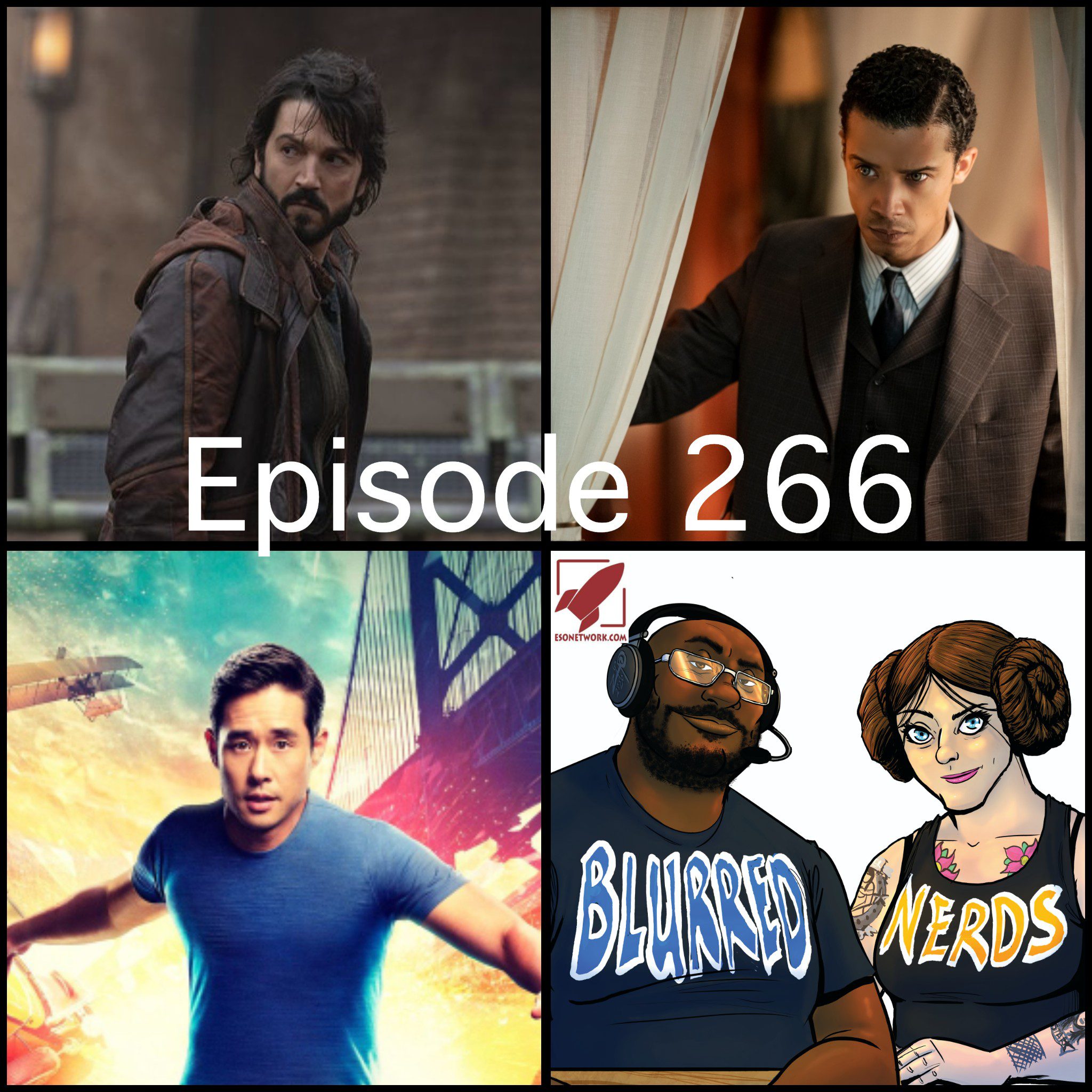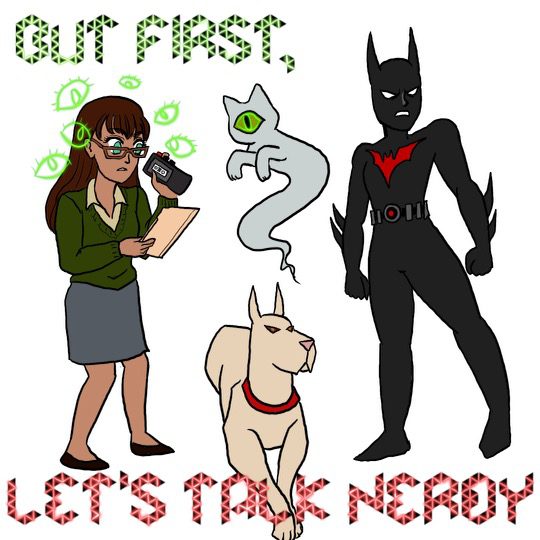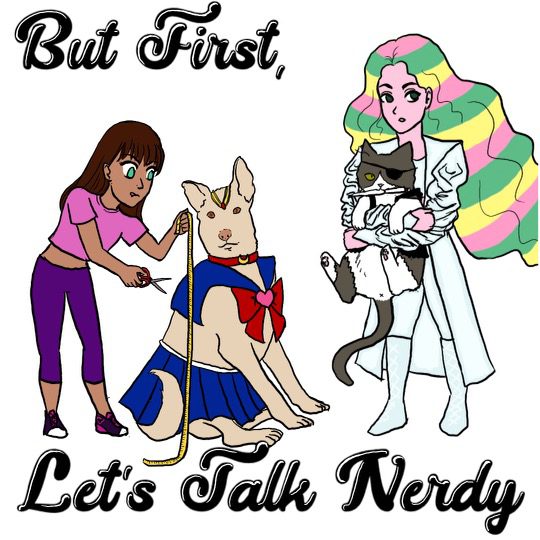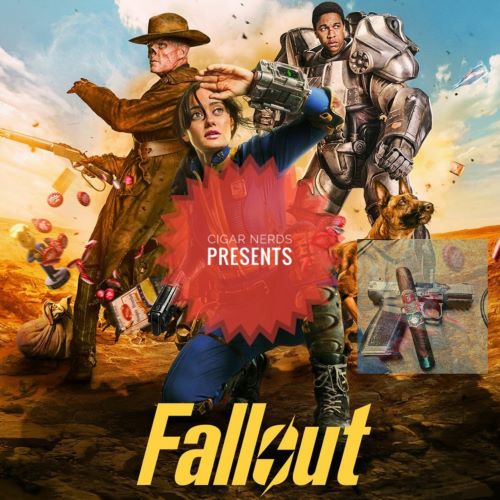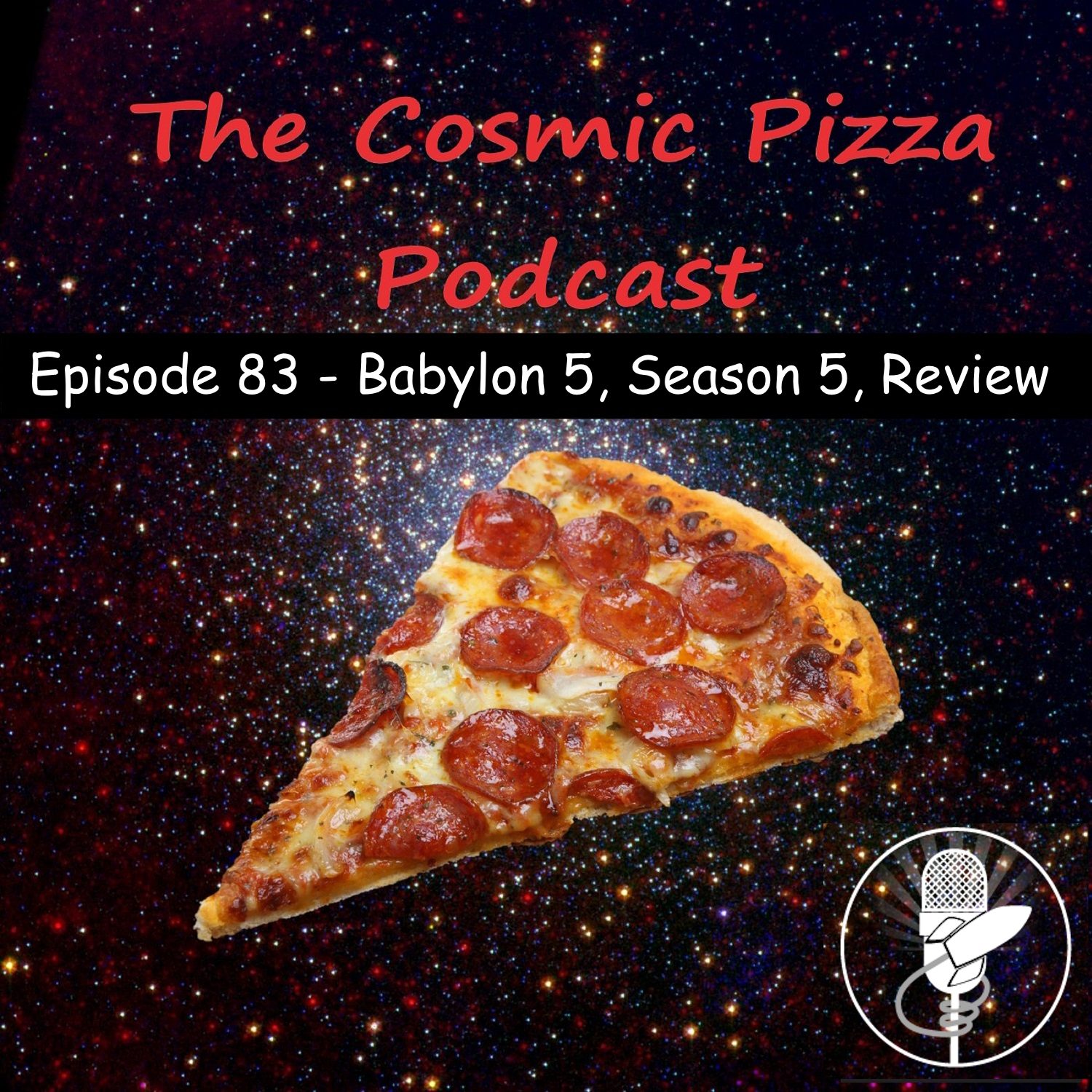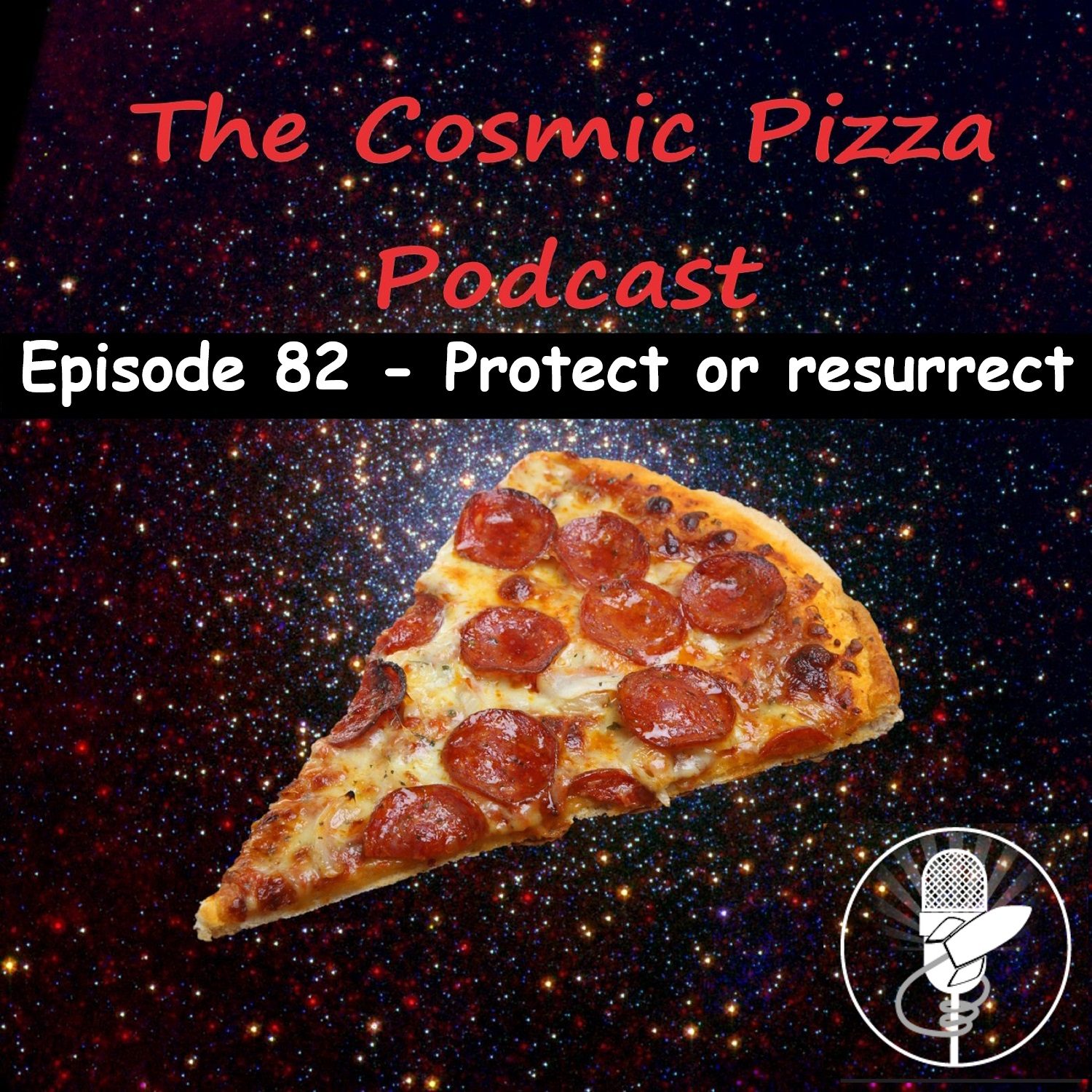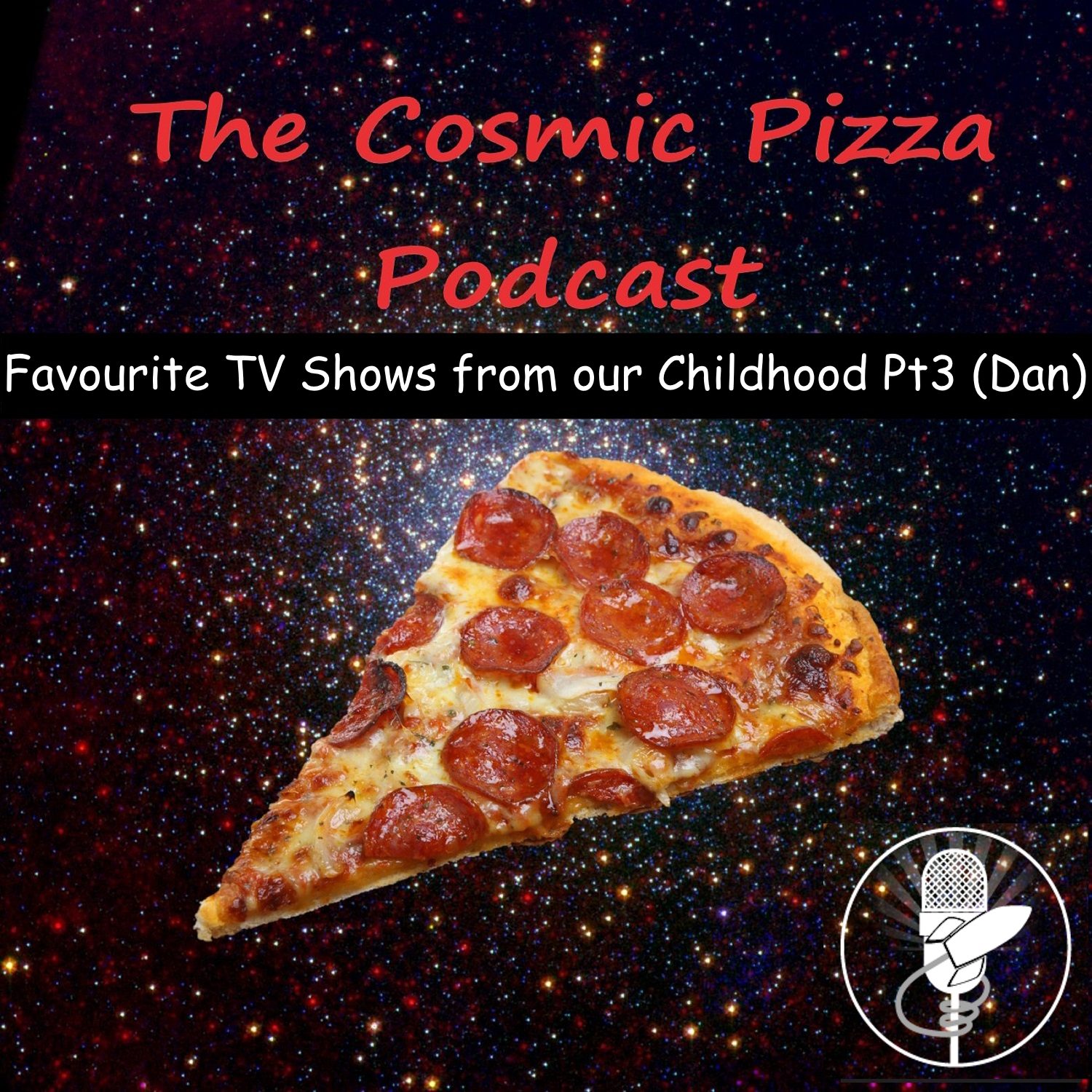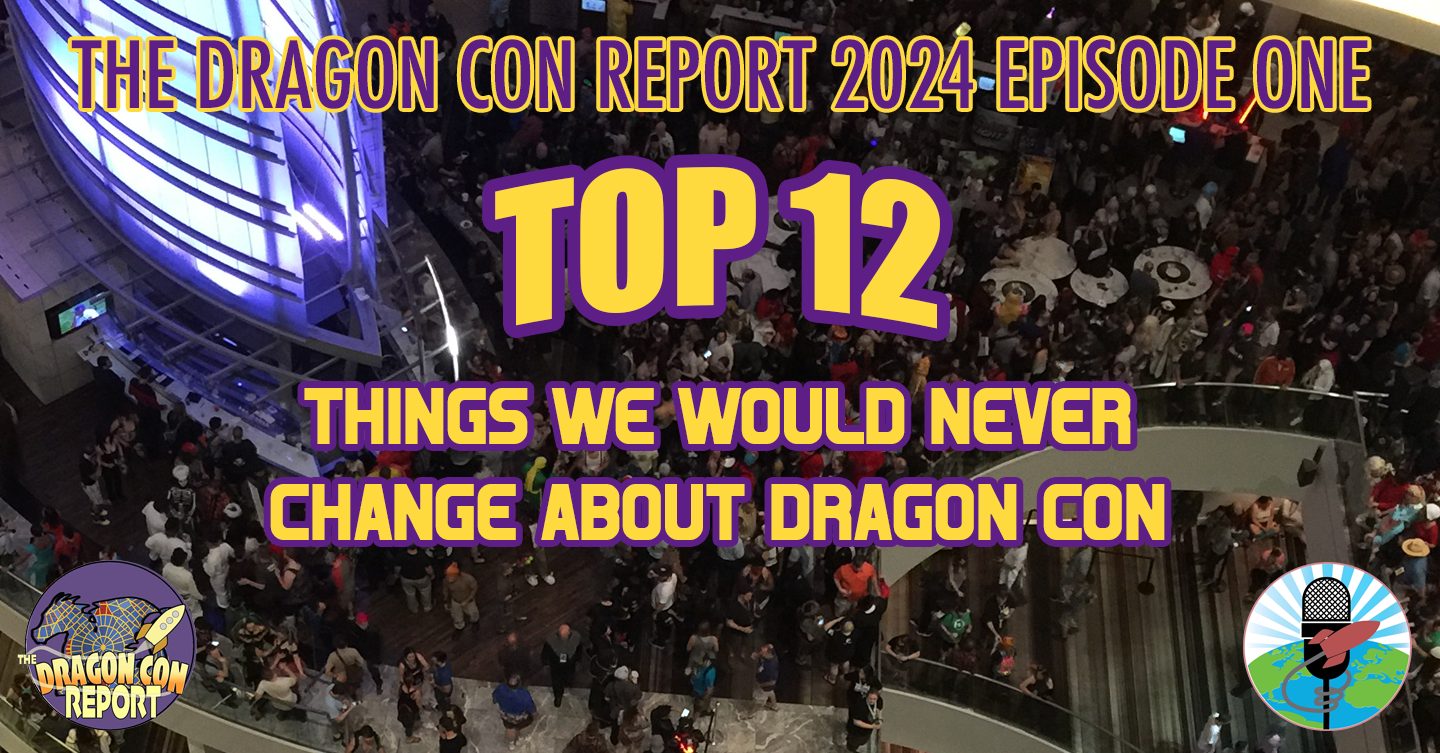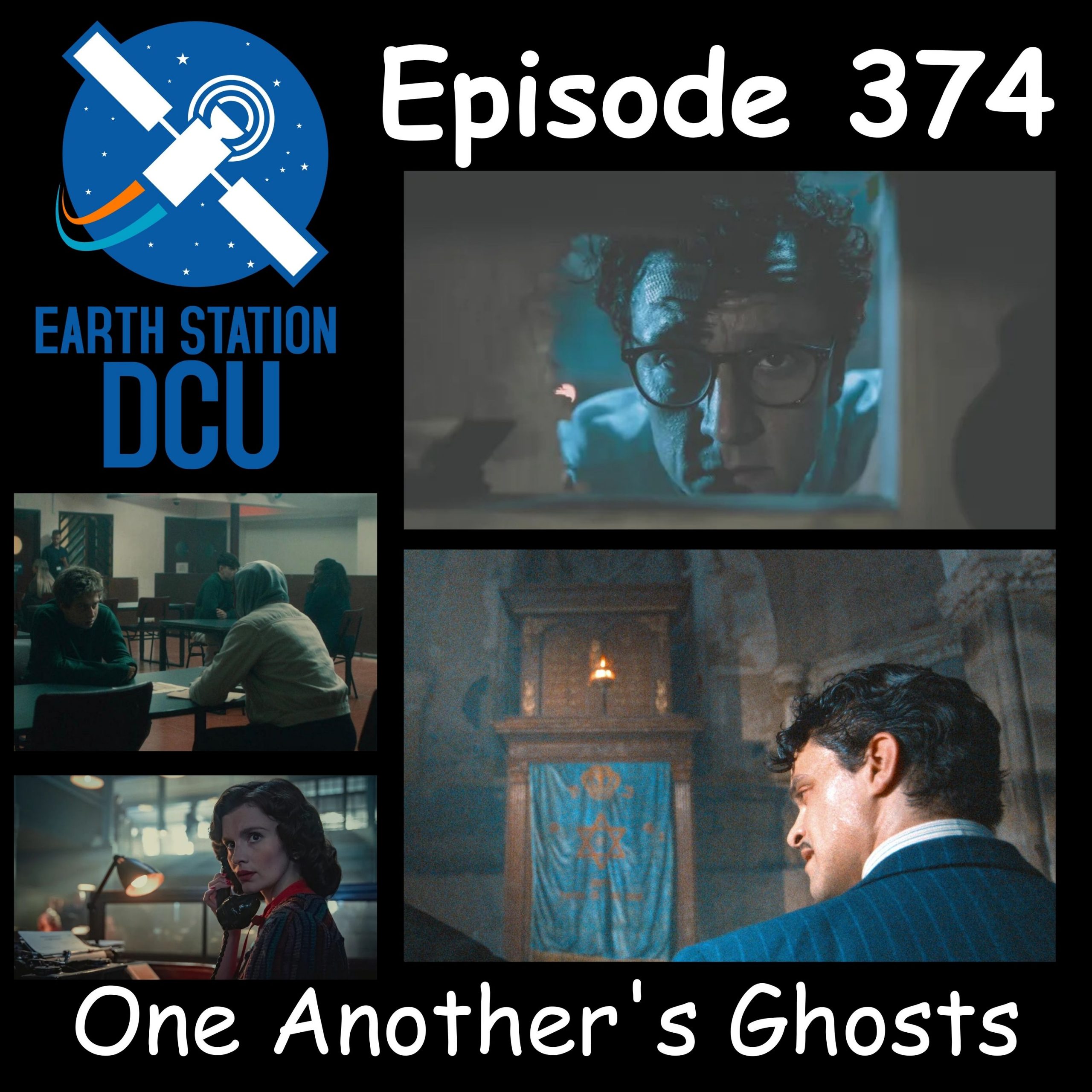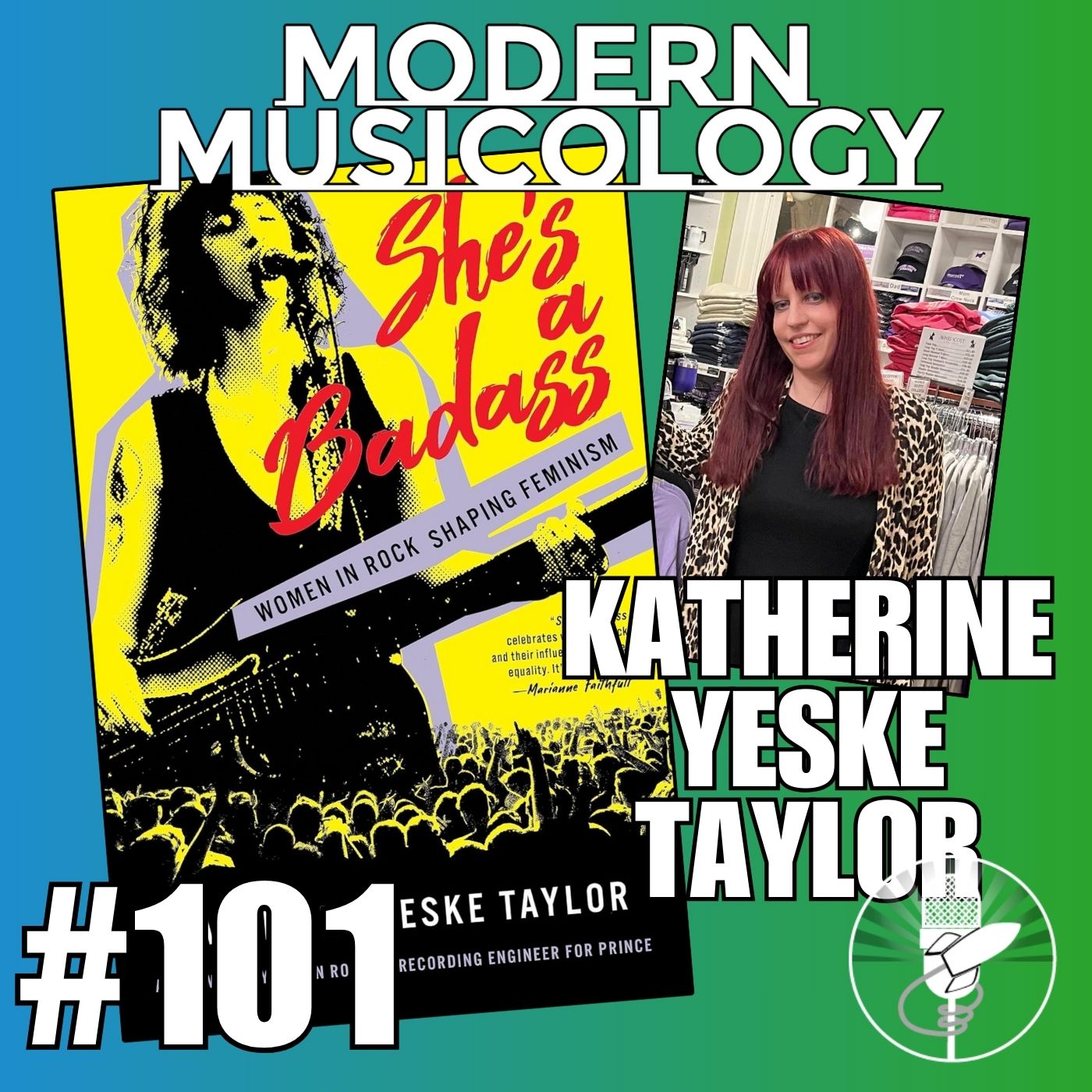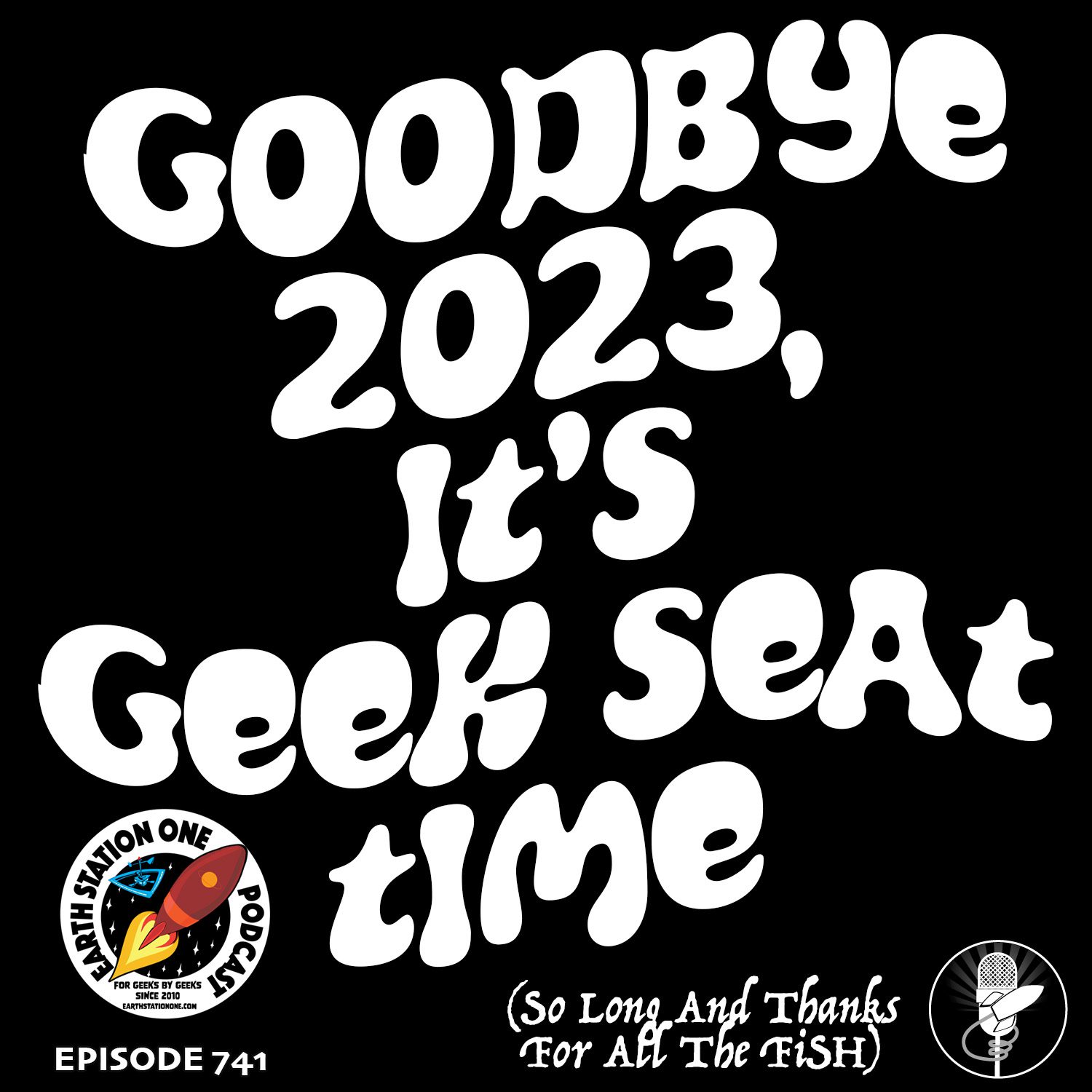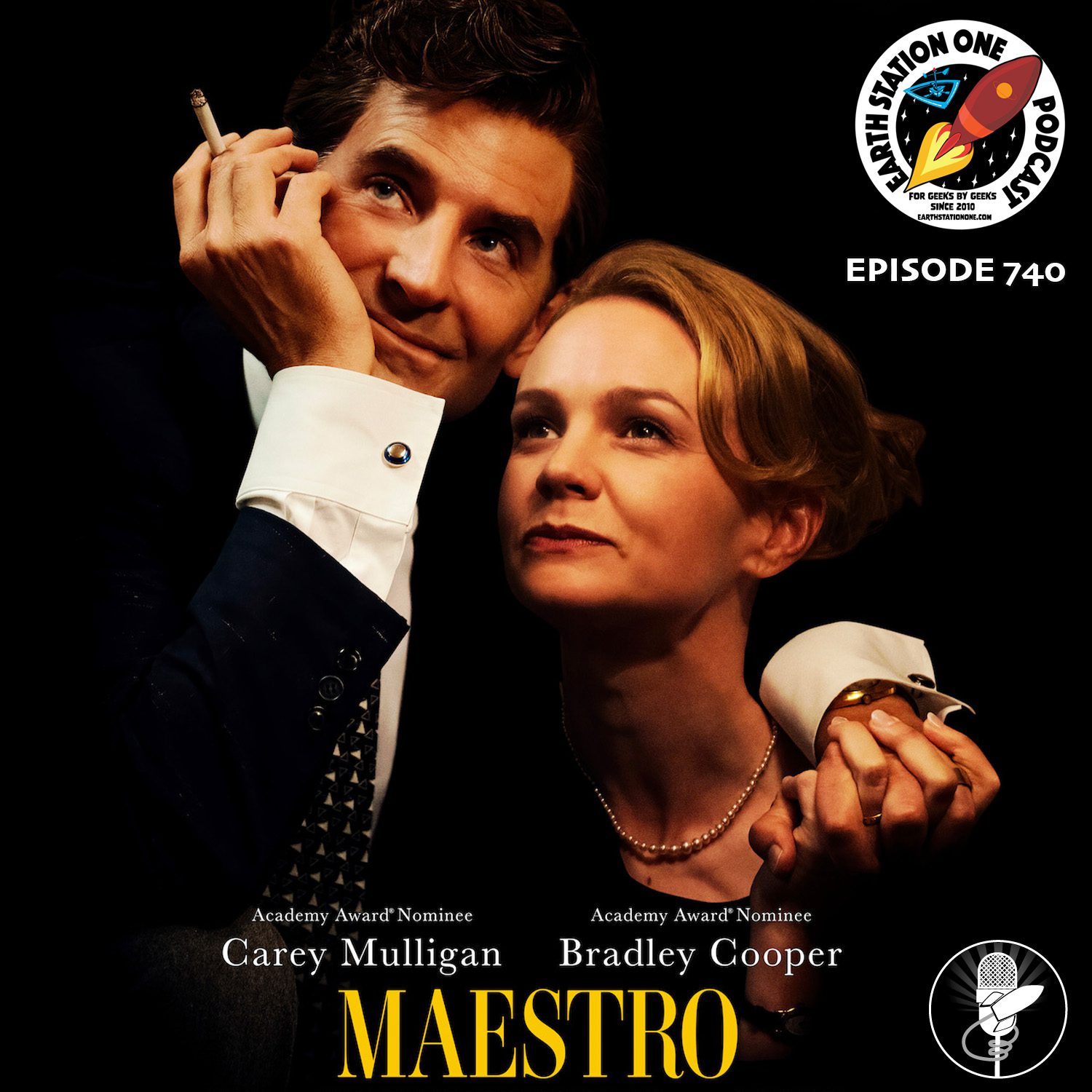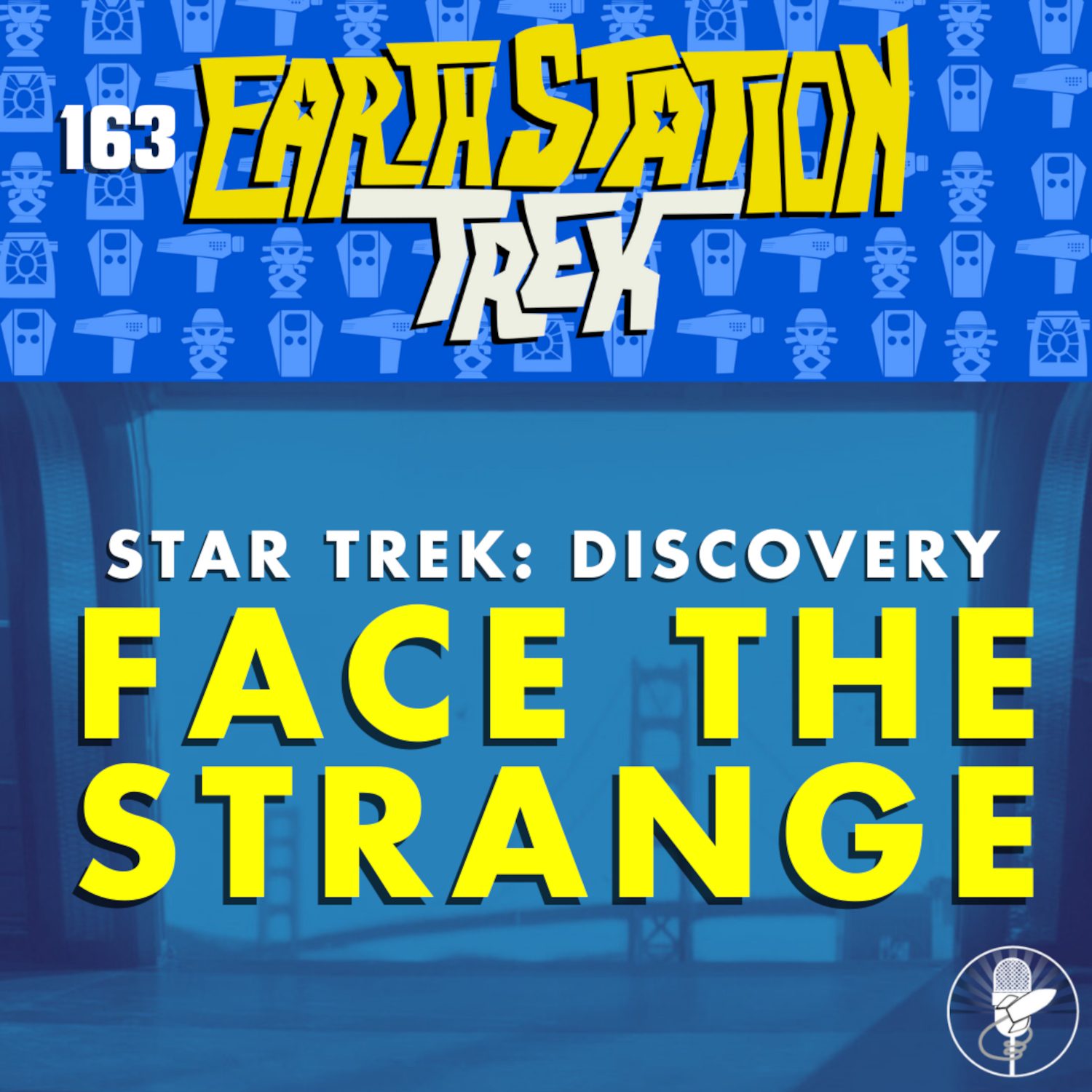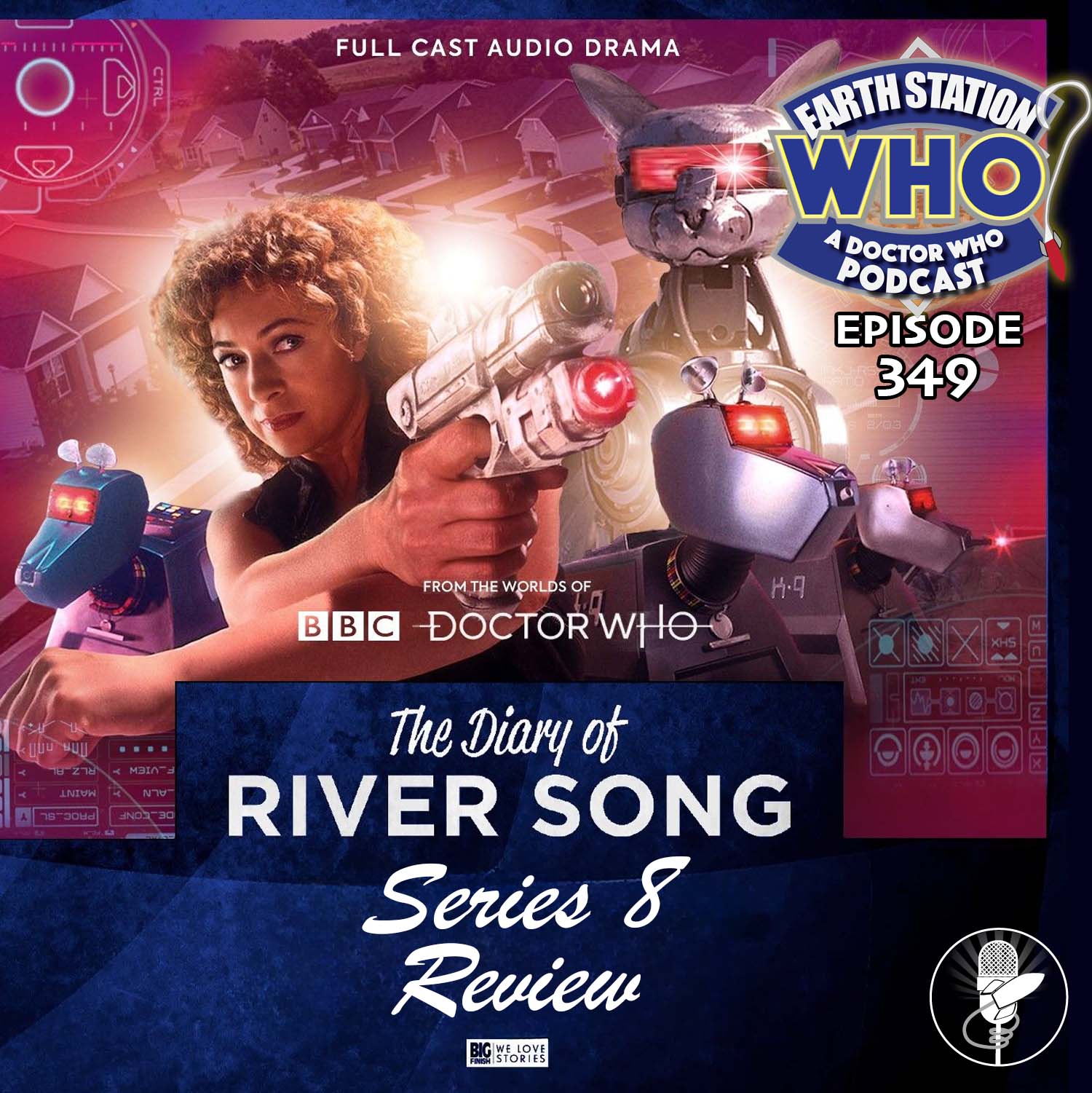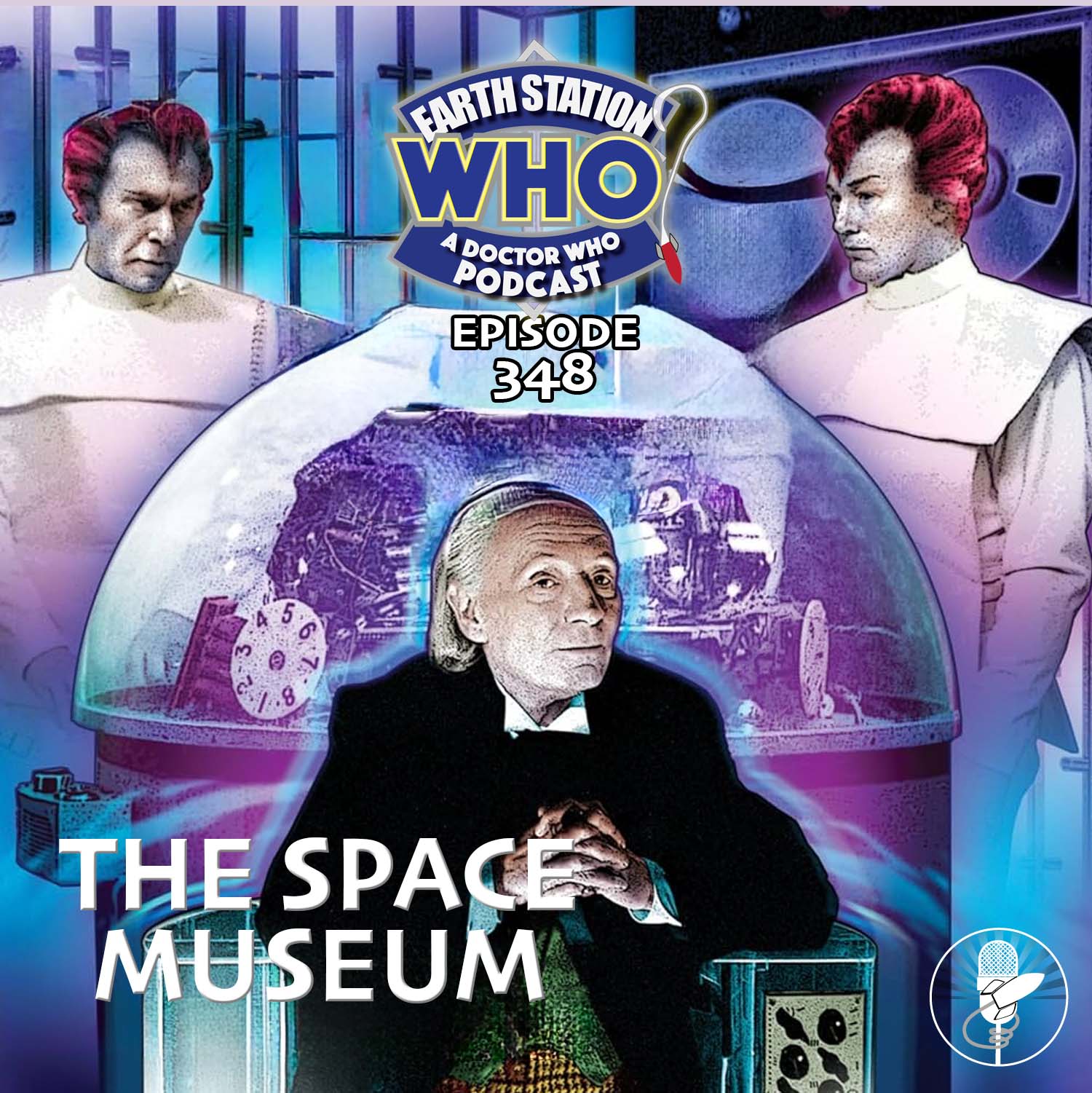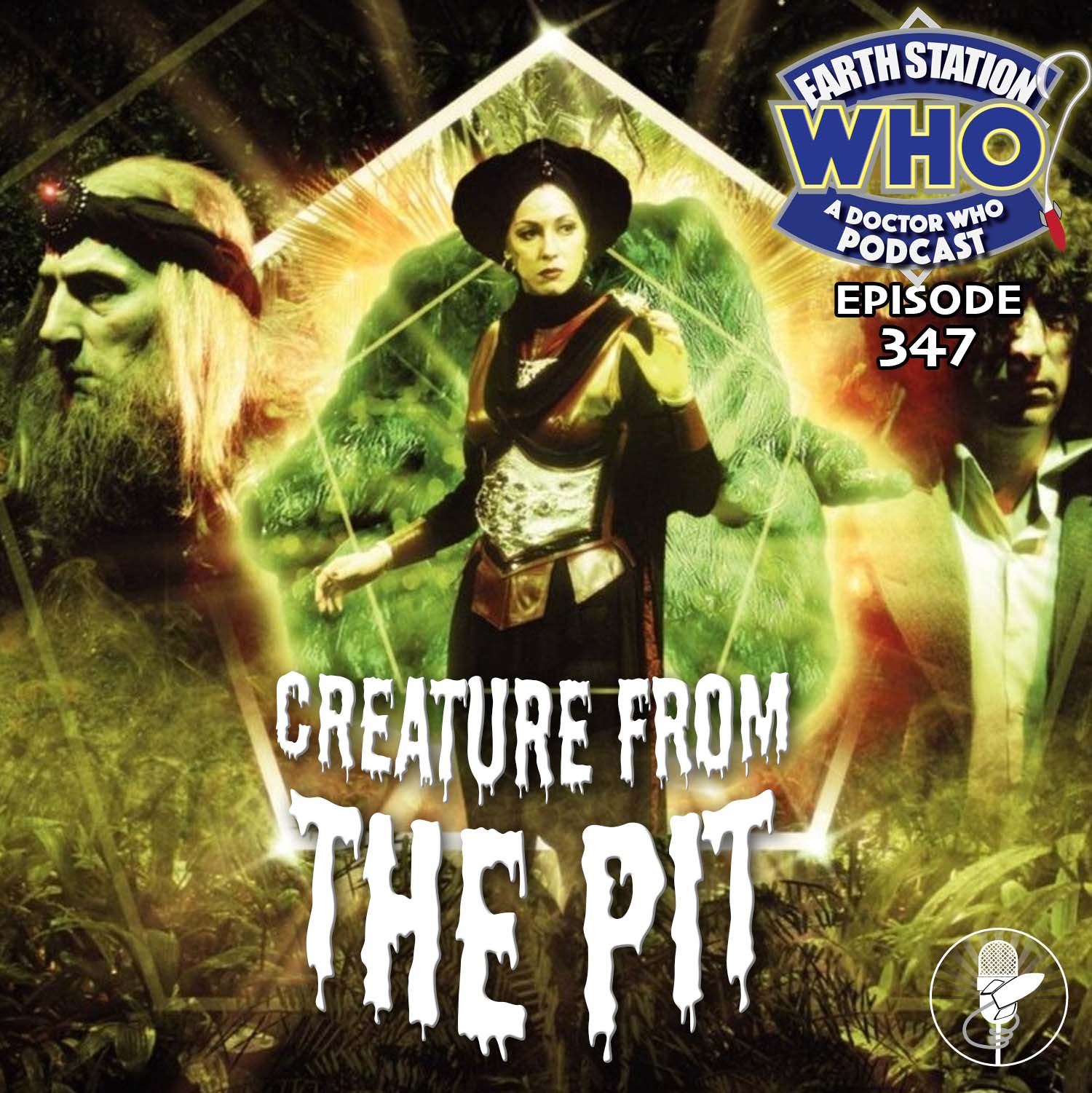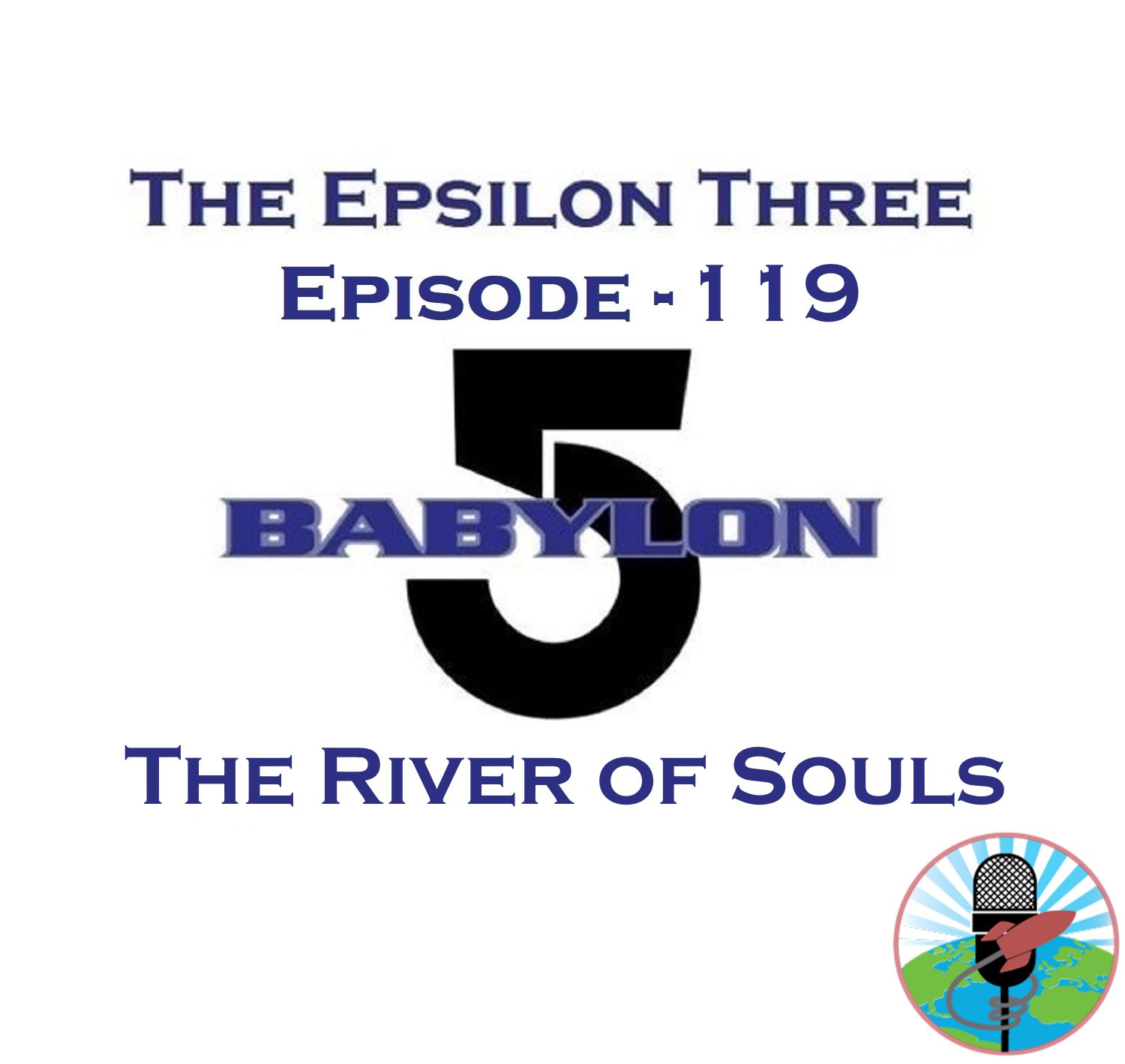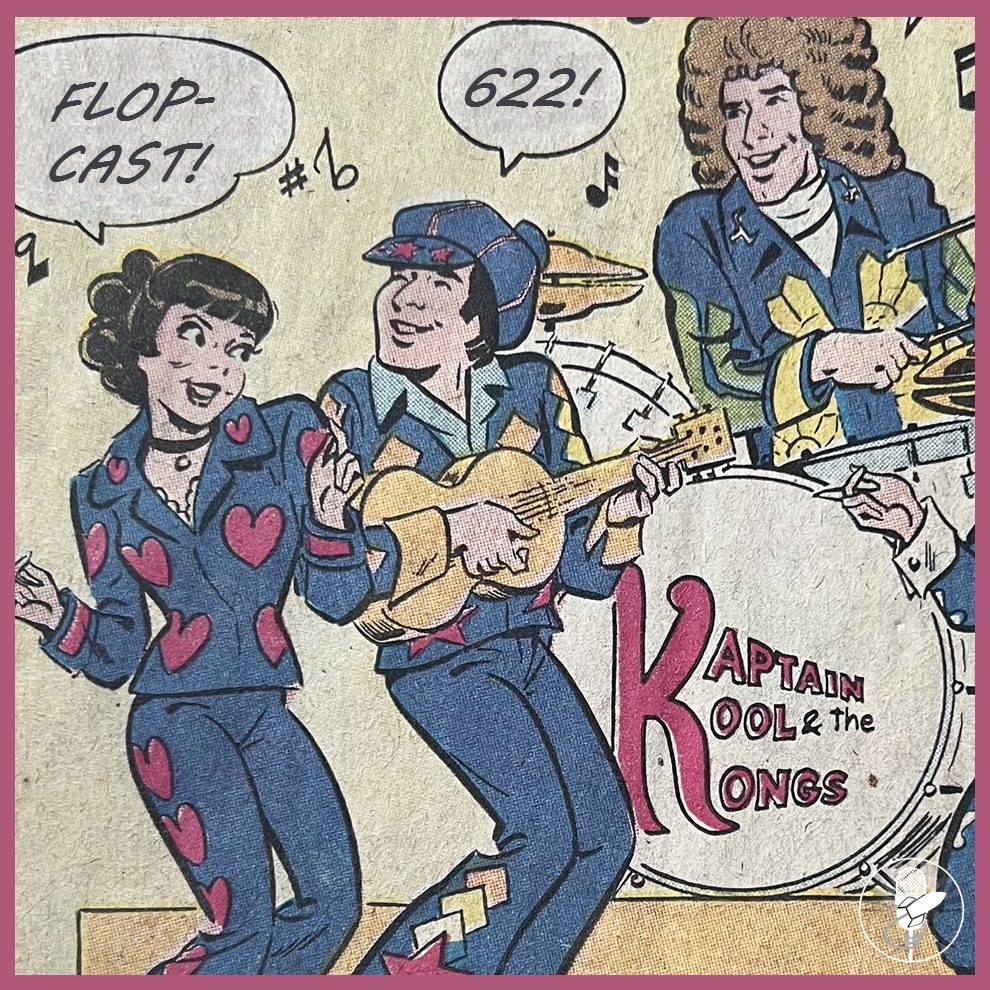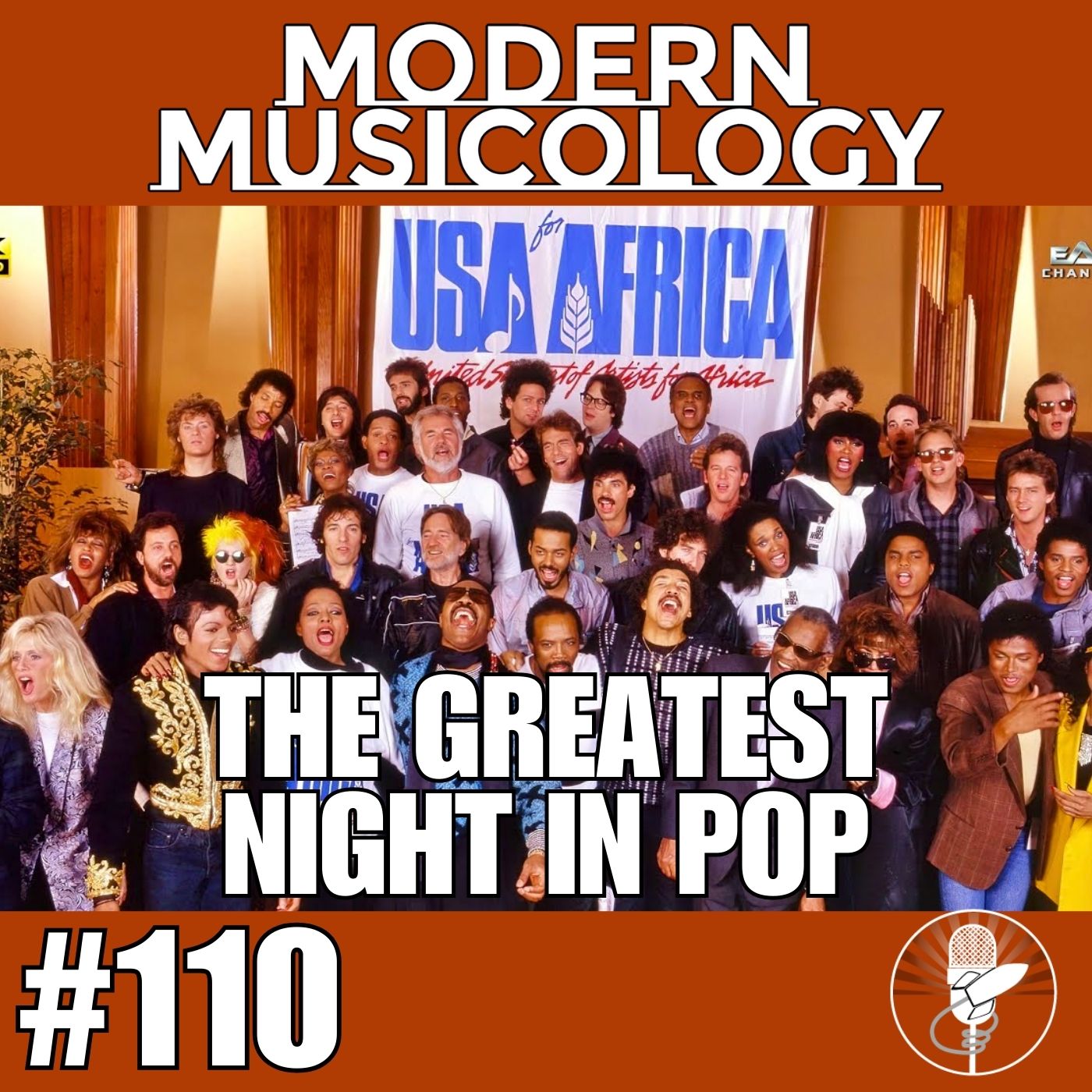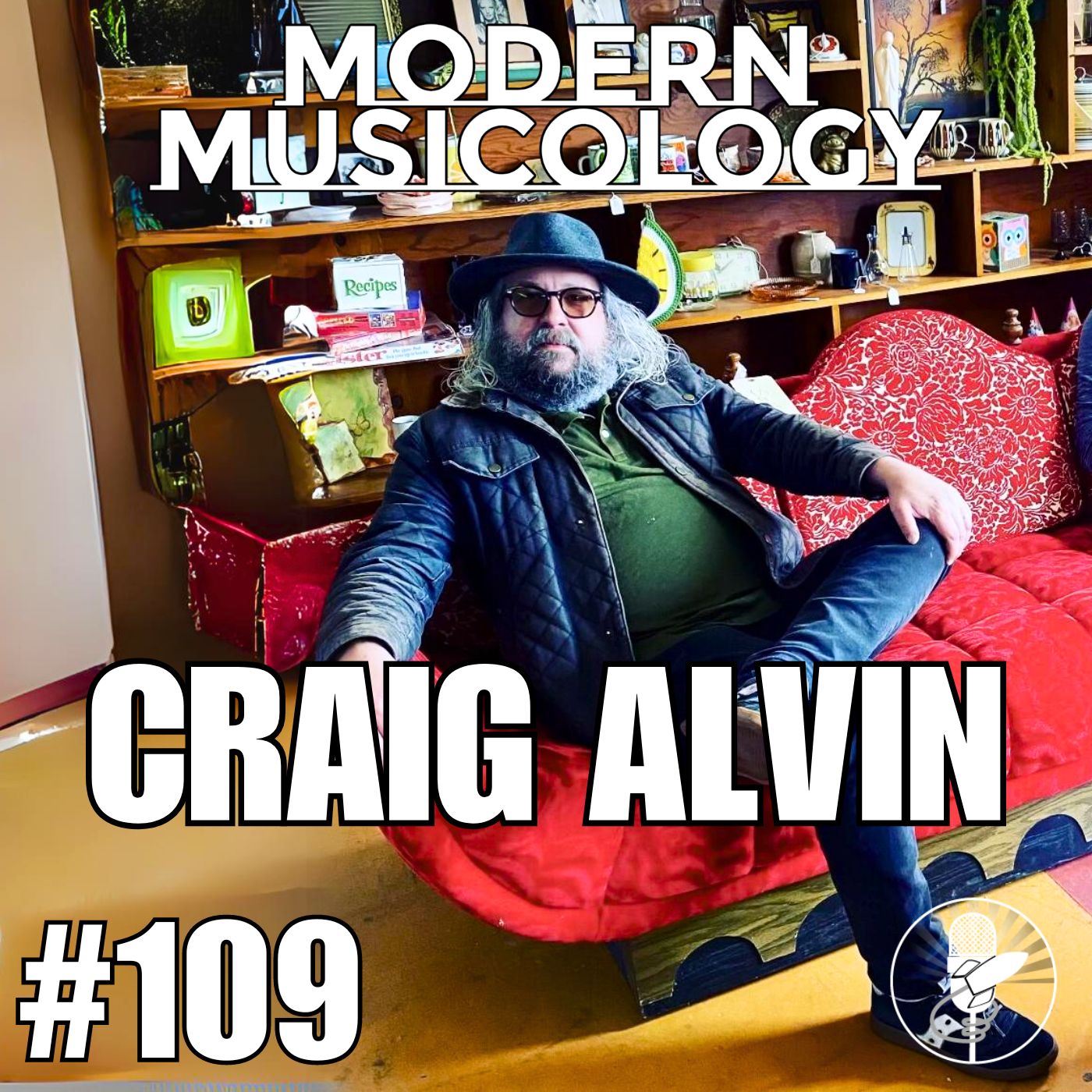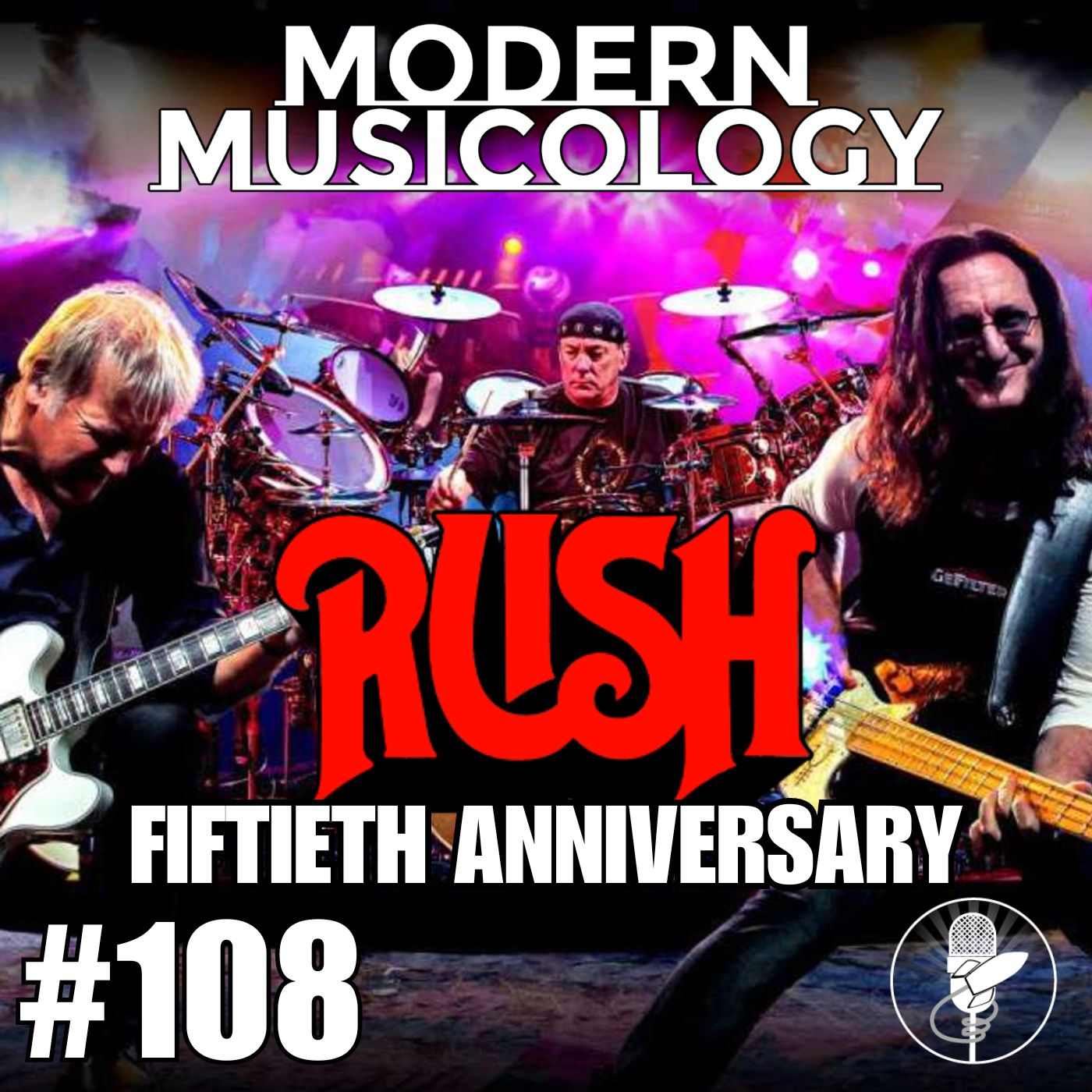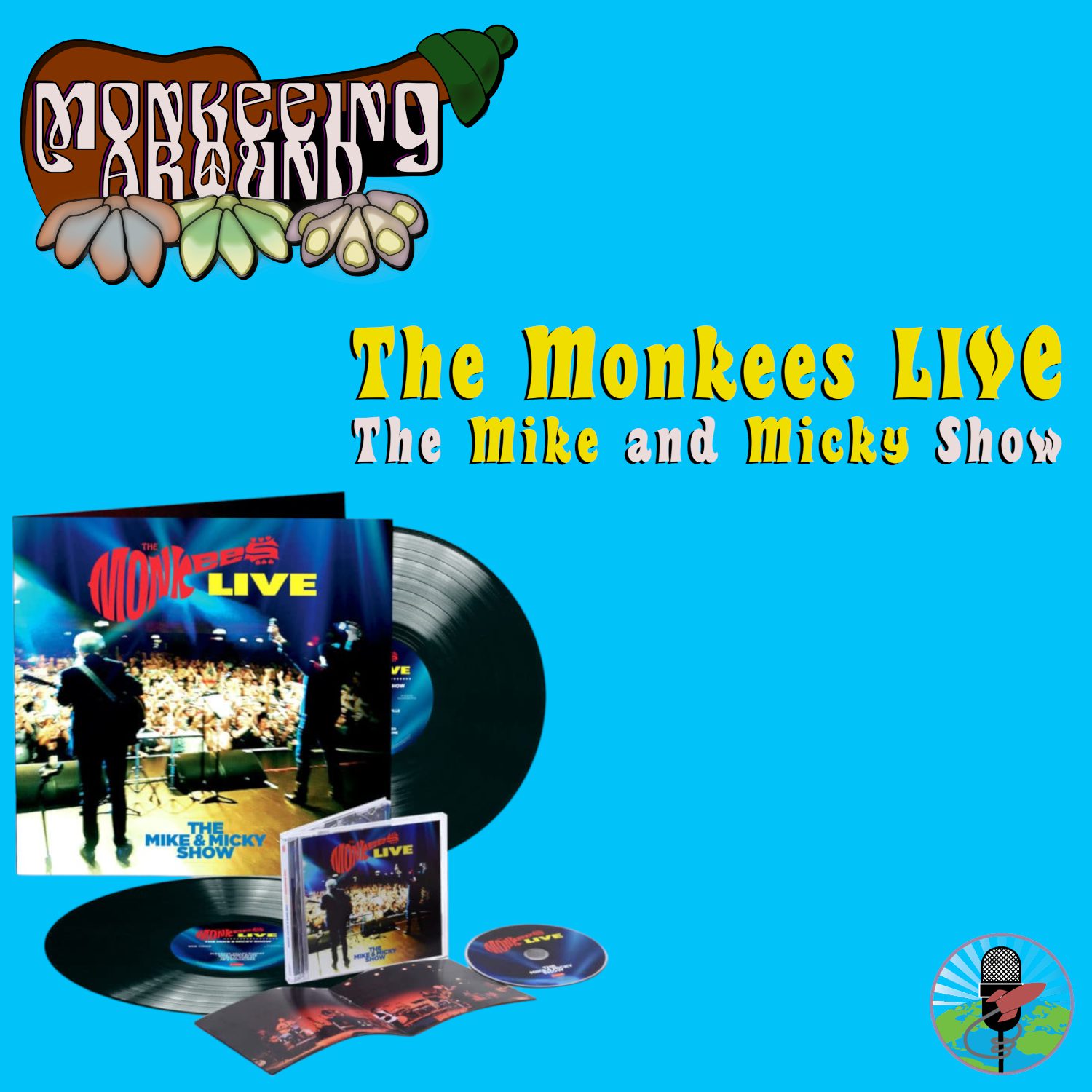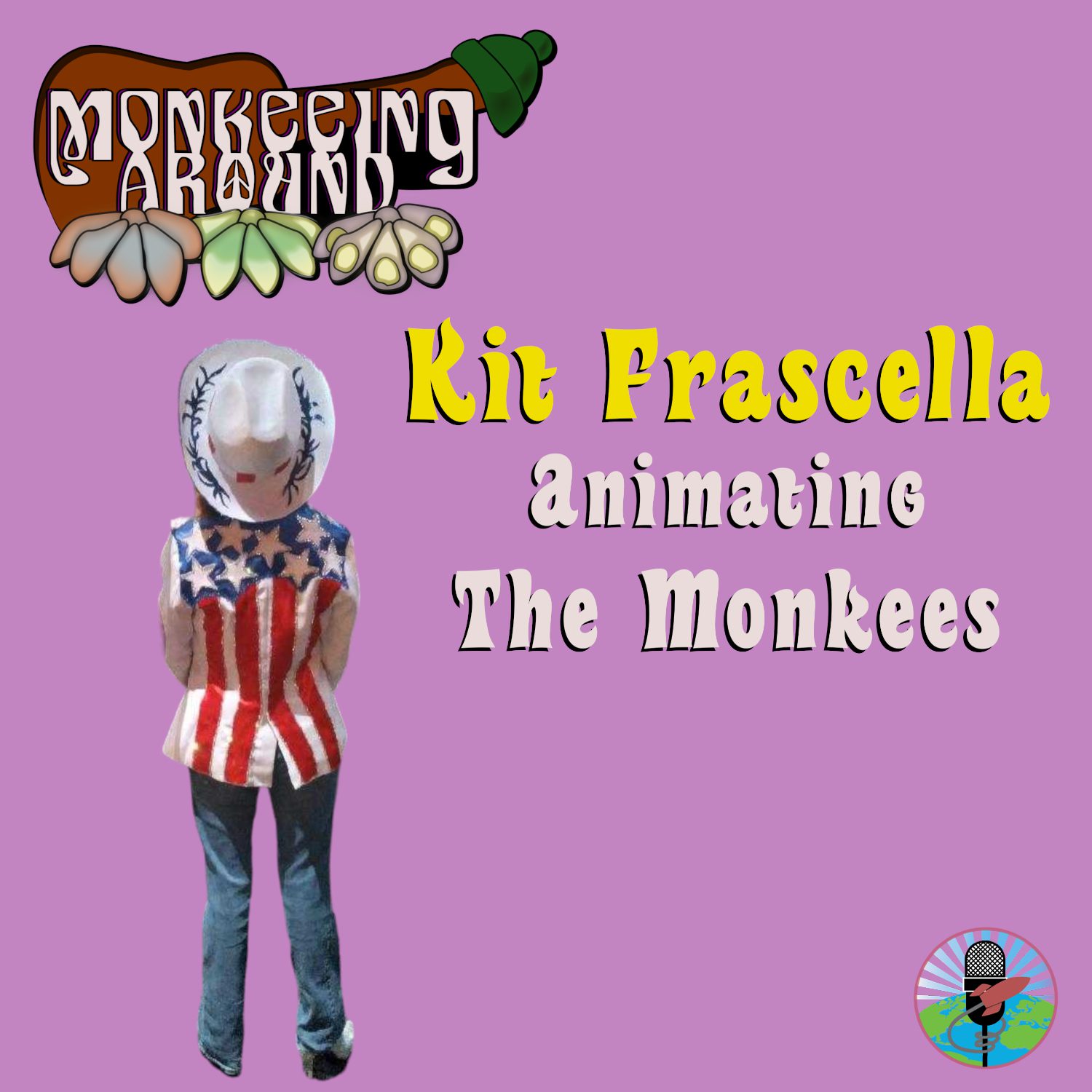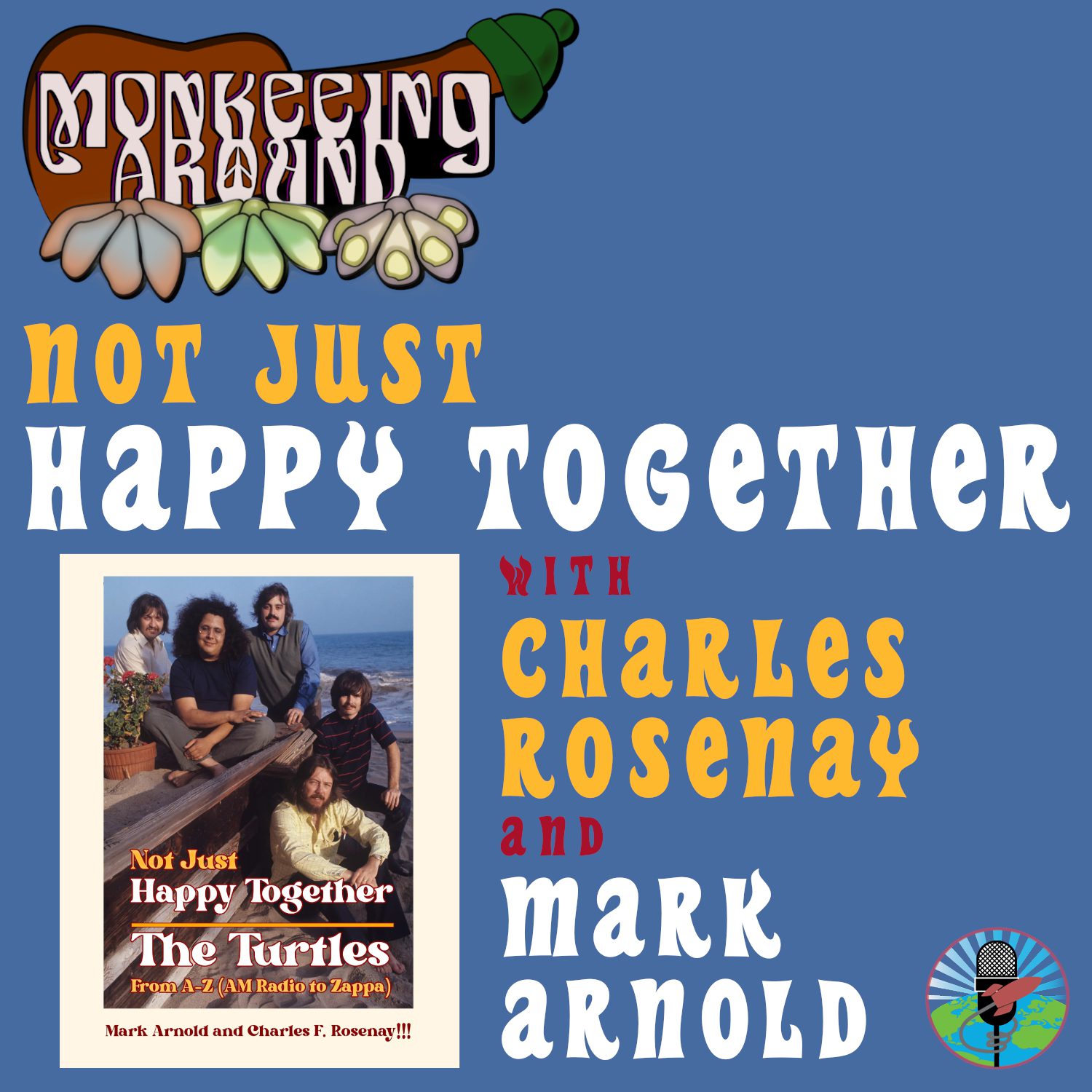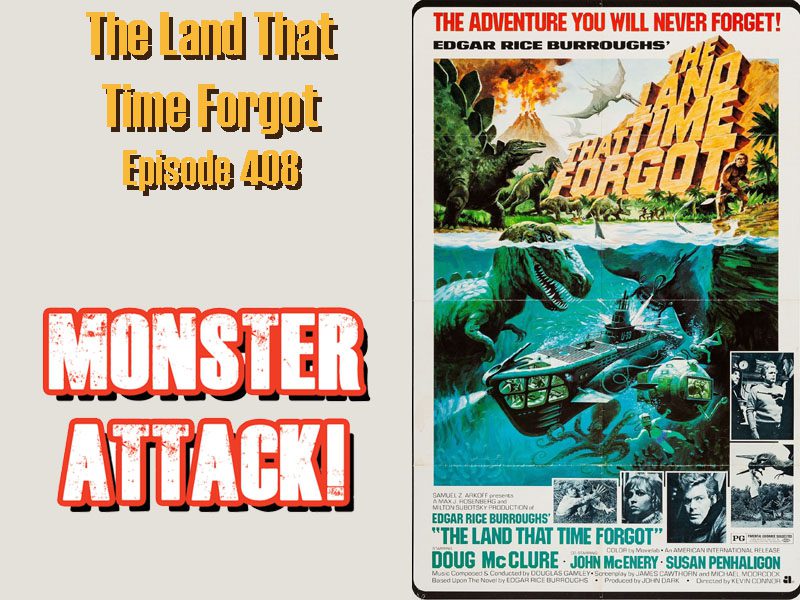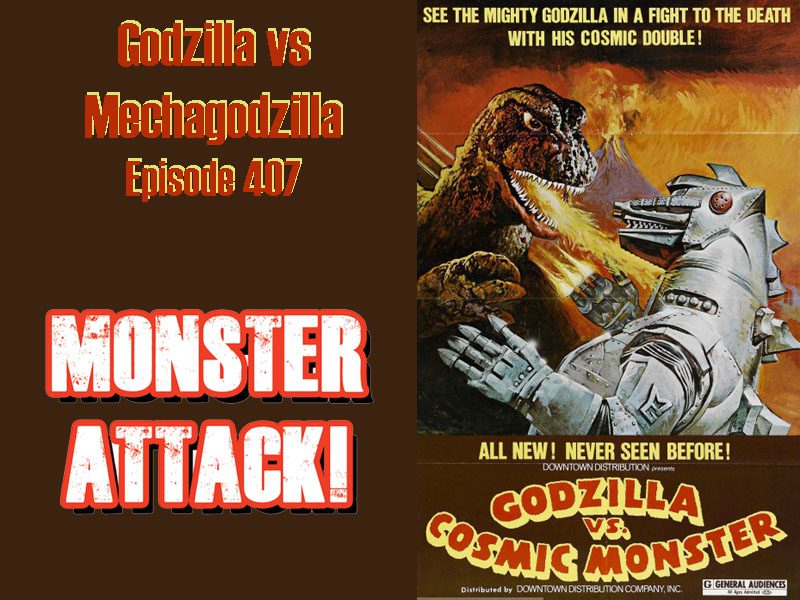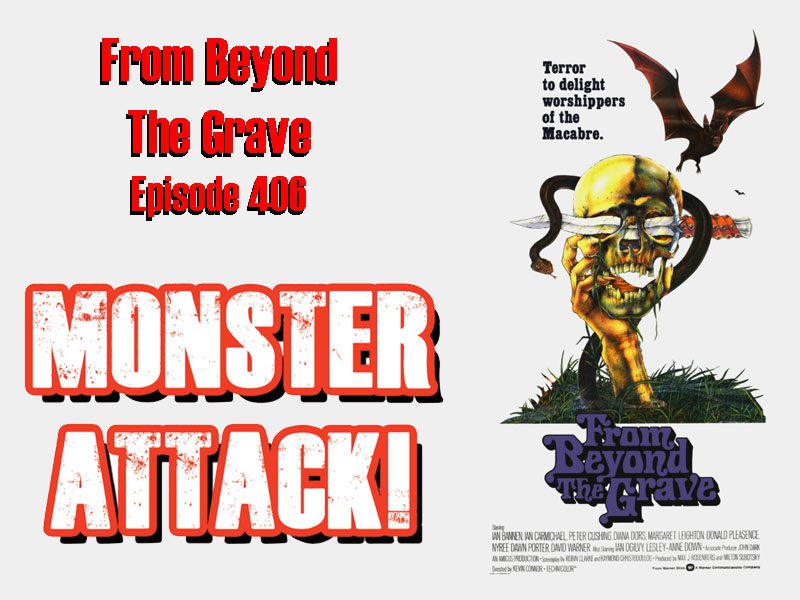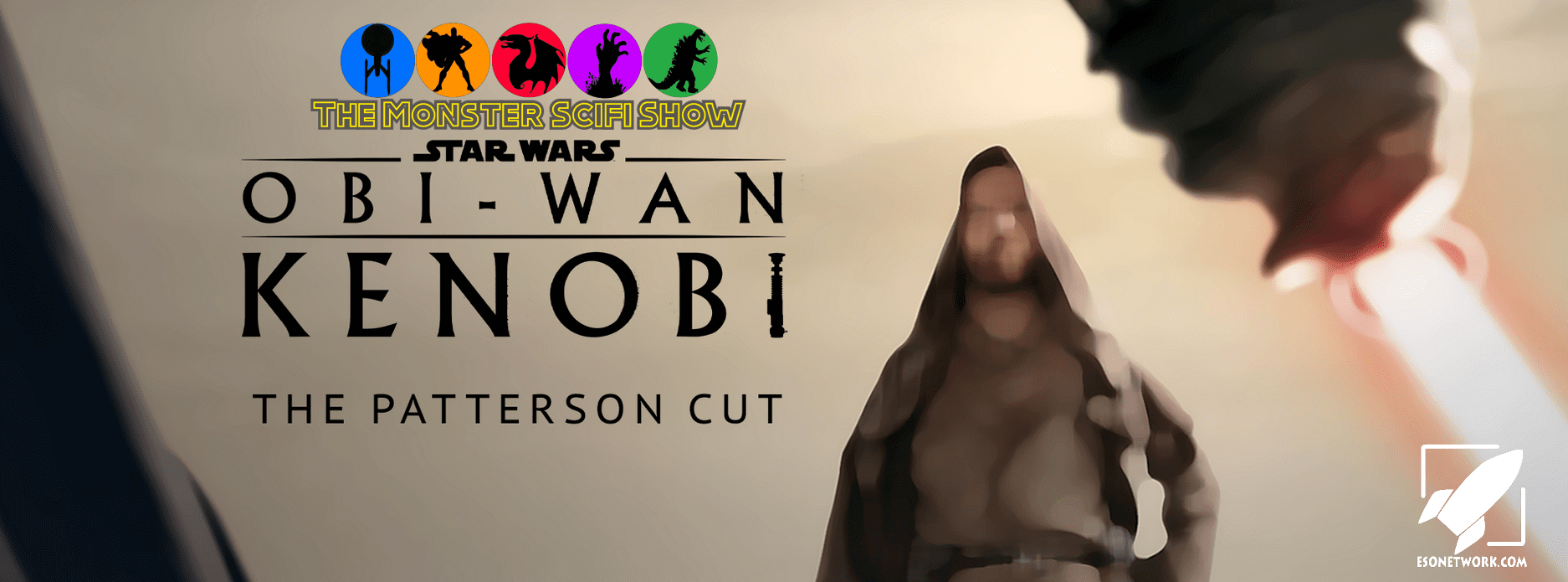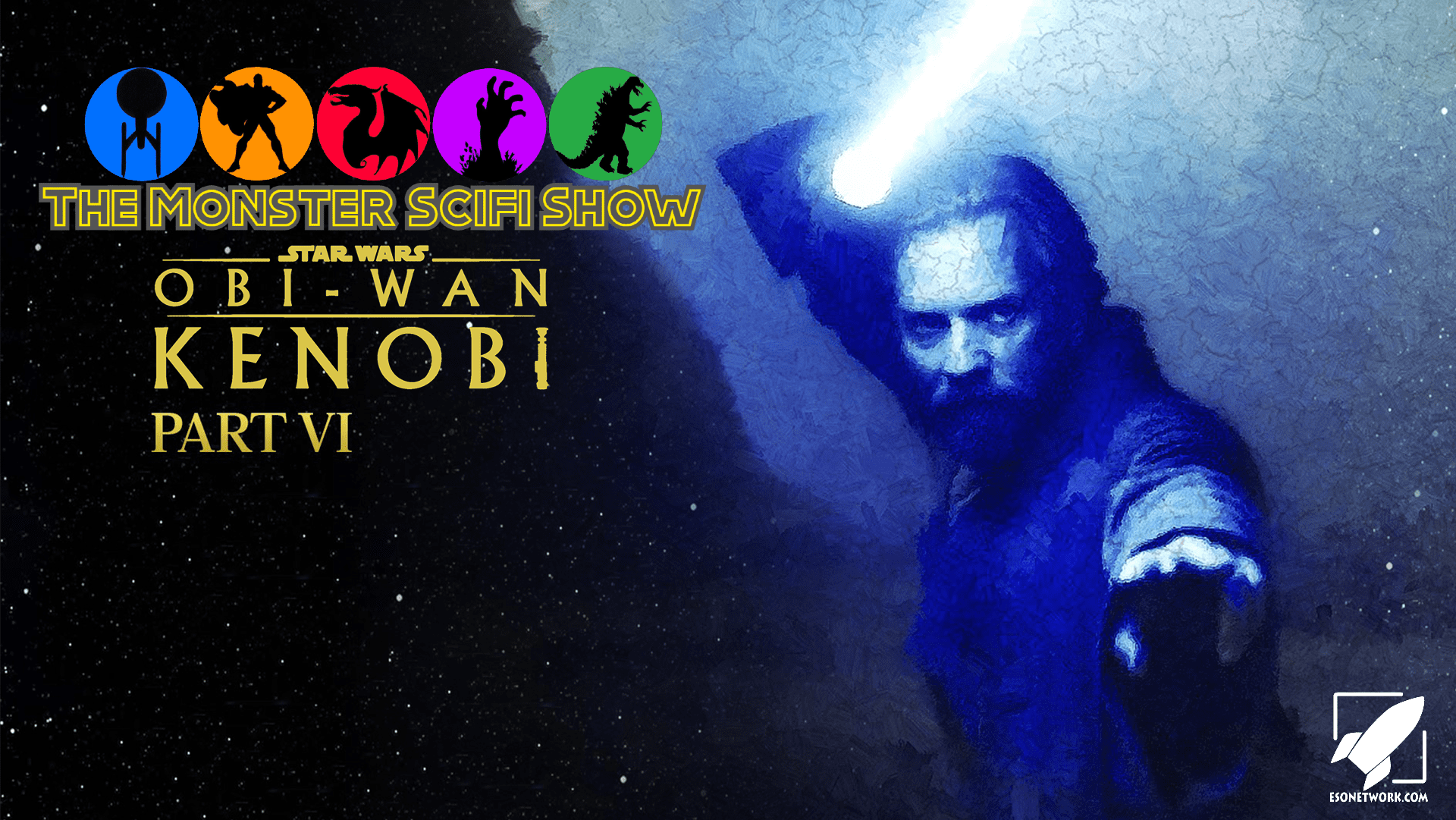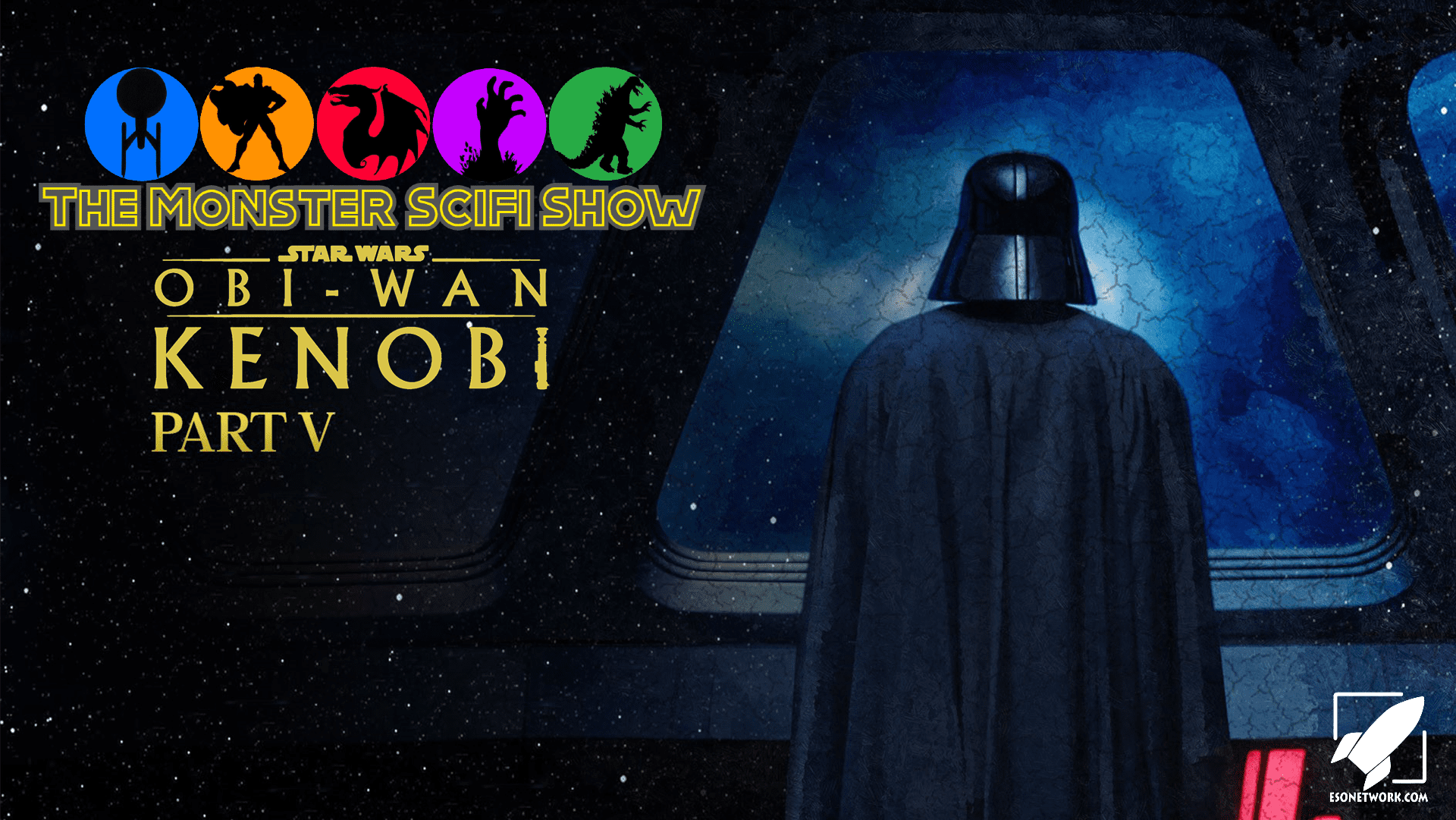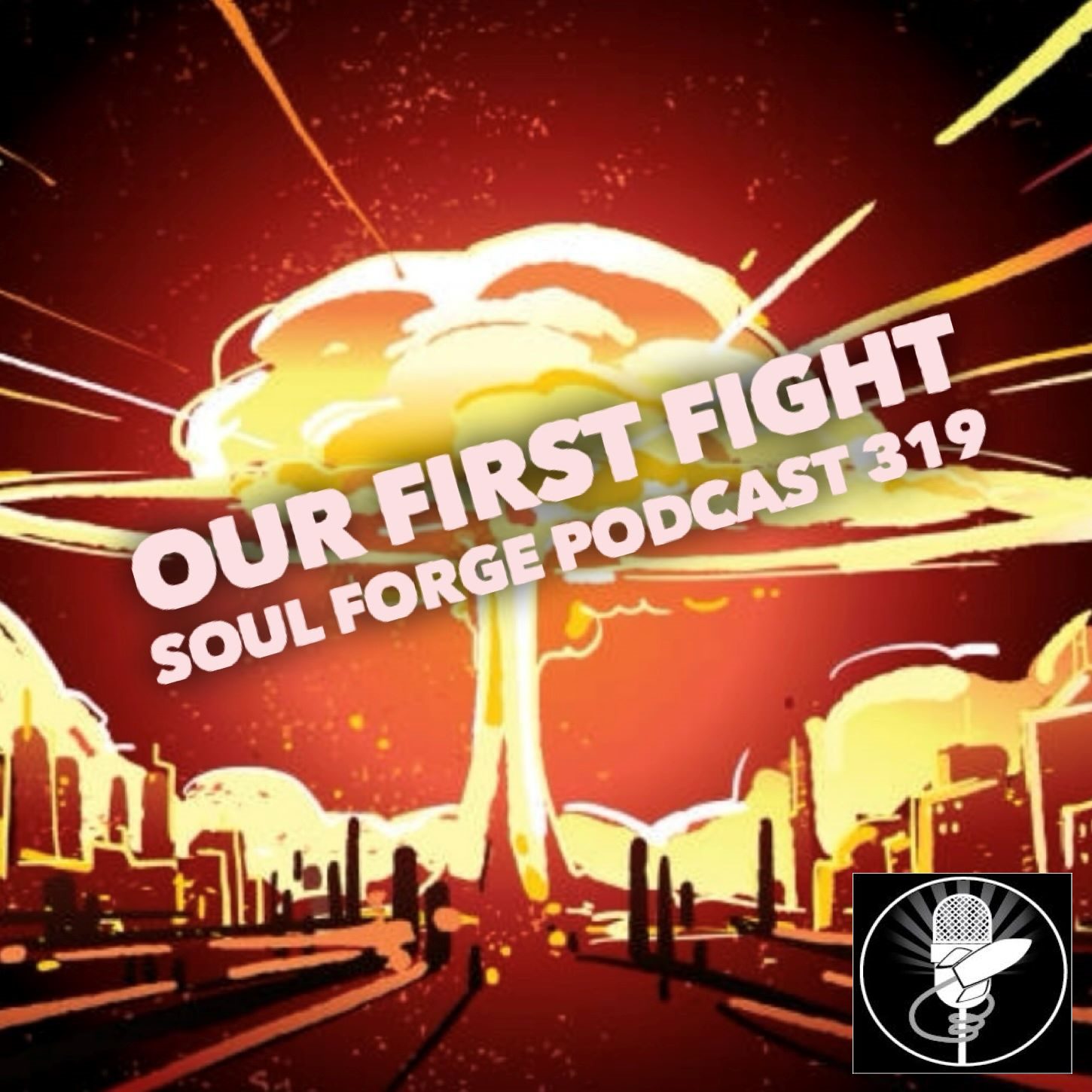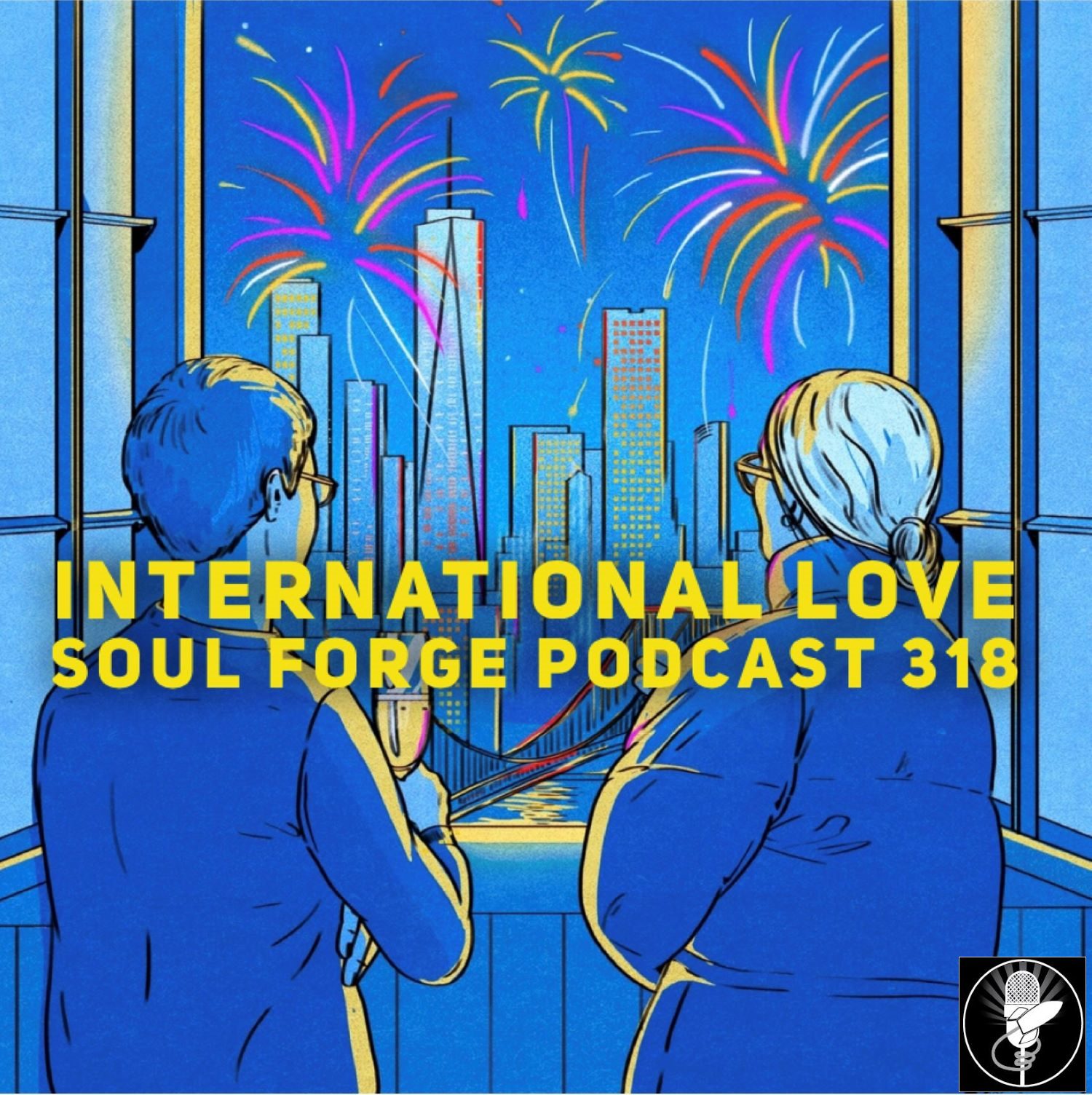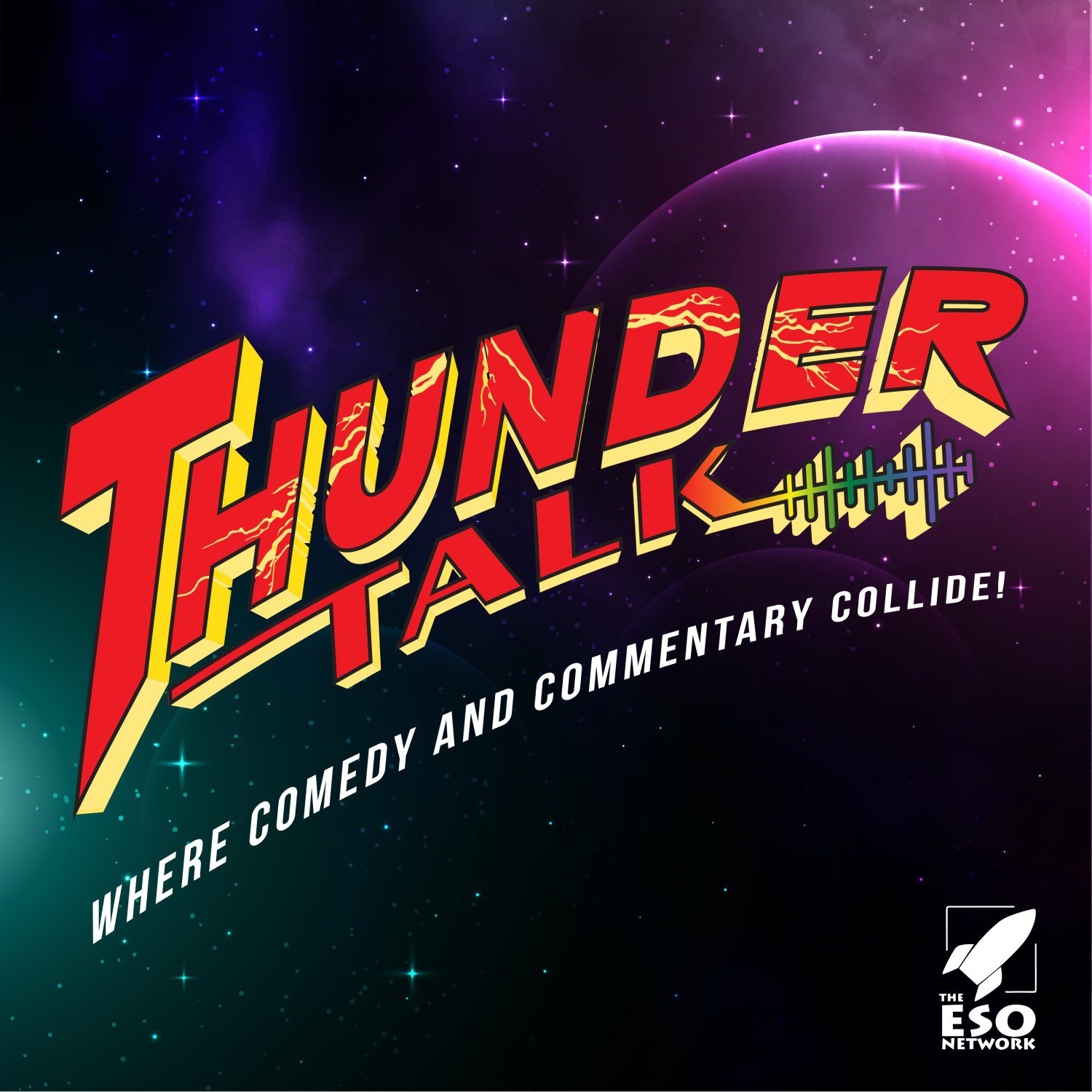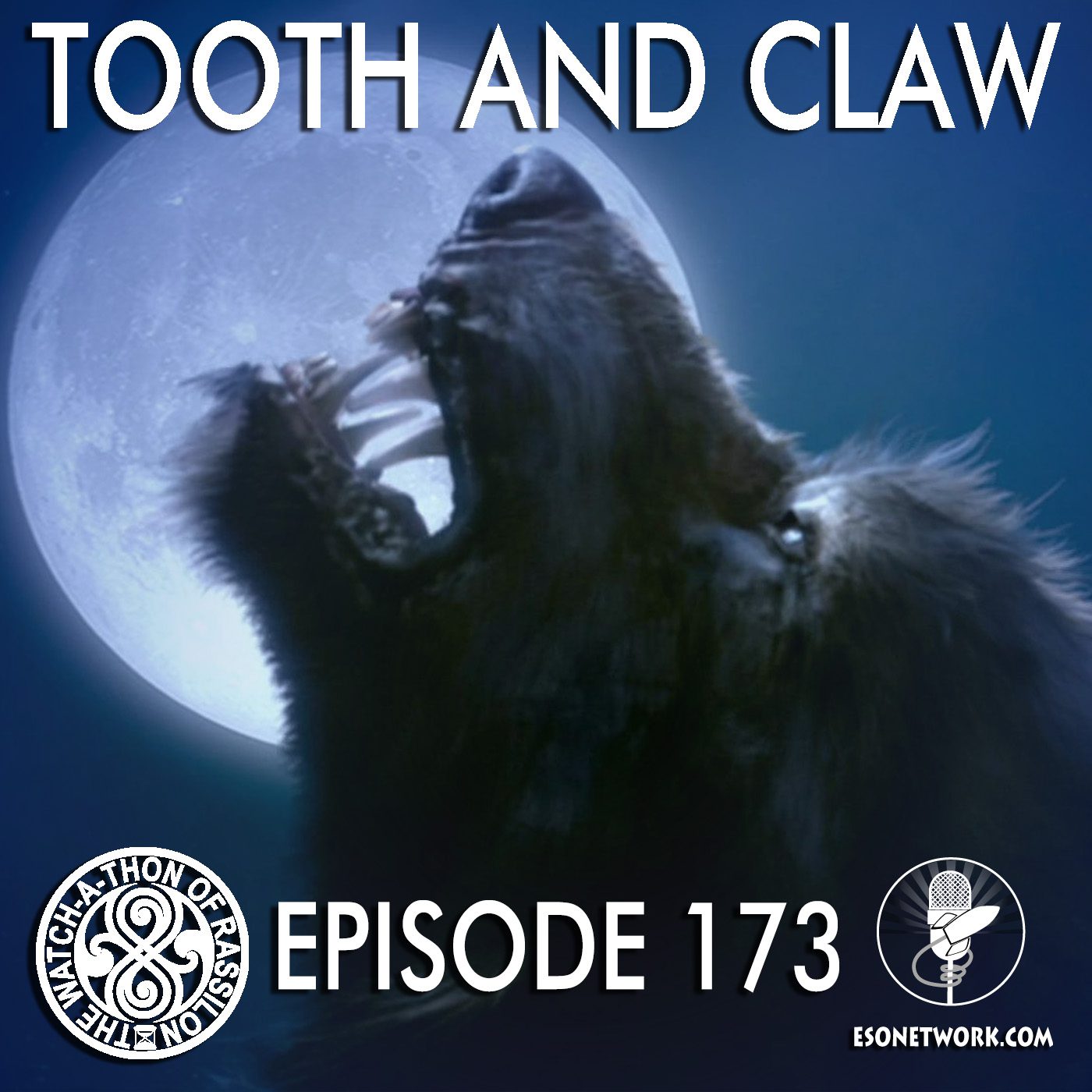Agatha Christie’s detective classic Death on the Nile was first published in 1937 – a date that’s now 85 years in the past, before the start of World War II, even.
I’m sure you could find plenty of works from that same time period that now feel dated and have long gone out of print, and the few remaining copies are collecting dust somewhere in a library or a museum.
Intriguingly, the works of Agatha Christie have yet to go out of style. In fact, Kenneth Branagh recently directed a star-studded adaptation of Death on the Nile and played the role of one of Christie’s most famous fictional creations, Belgian detective Hercule Poirot.
I really enjoyed the new adaptation of Death on the Nile, even treating myself to a showing in IMAX, which really showed off the lush cinematography. Somehow, I managed to remain entirely unspoiled about the plot, so I had no idea how this whodunit would be resolved. Christie is, of course, a master of unexpected twists and turns, and the story held my attention from start to finish.
It’s fascinating to me that Christie has proved to be so enduringly popular over the years. I think my first exposure to Christie may have actually been through an episode of Doctor Who that she appears in (featuring a giant, shapeshifting wasp). A good friend of mine also loaned me one of her novels (I believe it was Destination Unknown), and I remember really enjoying it.
I loved Kenneth Branagh’s take on Murder on the Orient Express in 2017, was entranced by the 2015 BBC adaptation of And Then There Were None, and now I’m at the point where if I see a period drama/mystery that was inspired by Agatha Christie’s works, it quickly goes on my must-watch list.
I think part of the reason people are still so intrigued by Agatha Christie’s works is that even though they take place in the past, they touch on universal themes like corruption, greed, love, obsession, and justice. She shines a light on the darker corners of human nature while weaving masterful tales of suspense.
By nature, humans are curious – we want to solve puzzles, find answers, and achieve justice. Real life is often messy, and sadly, crimes cannot be solved neatly in a two-hour runtime like they are on film. We’re drawn to fictional mysteries because they challenge us and make us think, yet we know there will be a logical conclusion to the story by the end.
Part of the thrill is also watching a detective like Hercule Poirot solve a mystery without the benefit of the technological tools that investigators have access to today. He doesn’t have the Internet or a cell phone or a fancy lab to test samples from a crime scene – he simply has his wits and his razor-sharp interviewing skills. The answer to the mystery doesn’t come easily, and that makes the resolution all the more thrilling.
Finally, Agatha Christie simply writes darn good stories. You could take one of her mysteries and update it to the modern day – even though to me that would make it less interesting, because part of the appeal of these stories is their historical setting – and the story would still be suspenseful and thrilling. Great stories stand the test of time.
Creators continue to be inspired by her works too. I’d like to think that Christie would have gotten a kick out of Rian Johnson’s modern-day whodunit Knives Out, which was so successful it’s getting a sequel with detective Benoit Blanc (Daniel Craig) solving a new case.
I’m excited to continue seeking out adaptations of Christie’s works, and hopefully we haven’t seen the last of Kenneth Branagh as Hercule Poirot.









